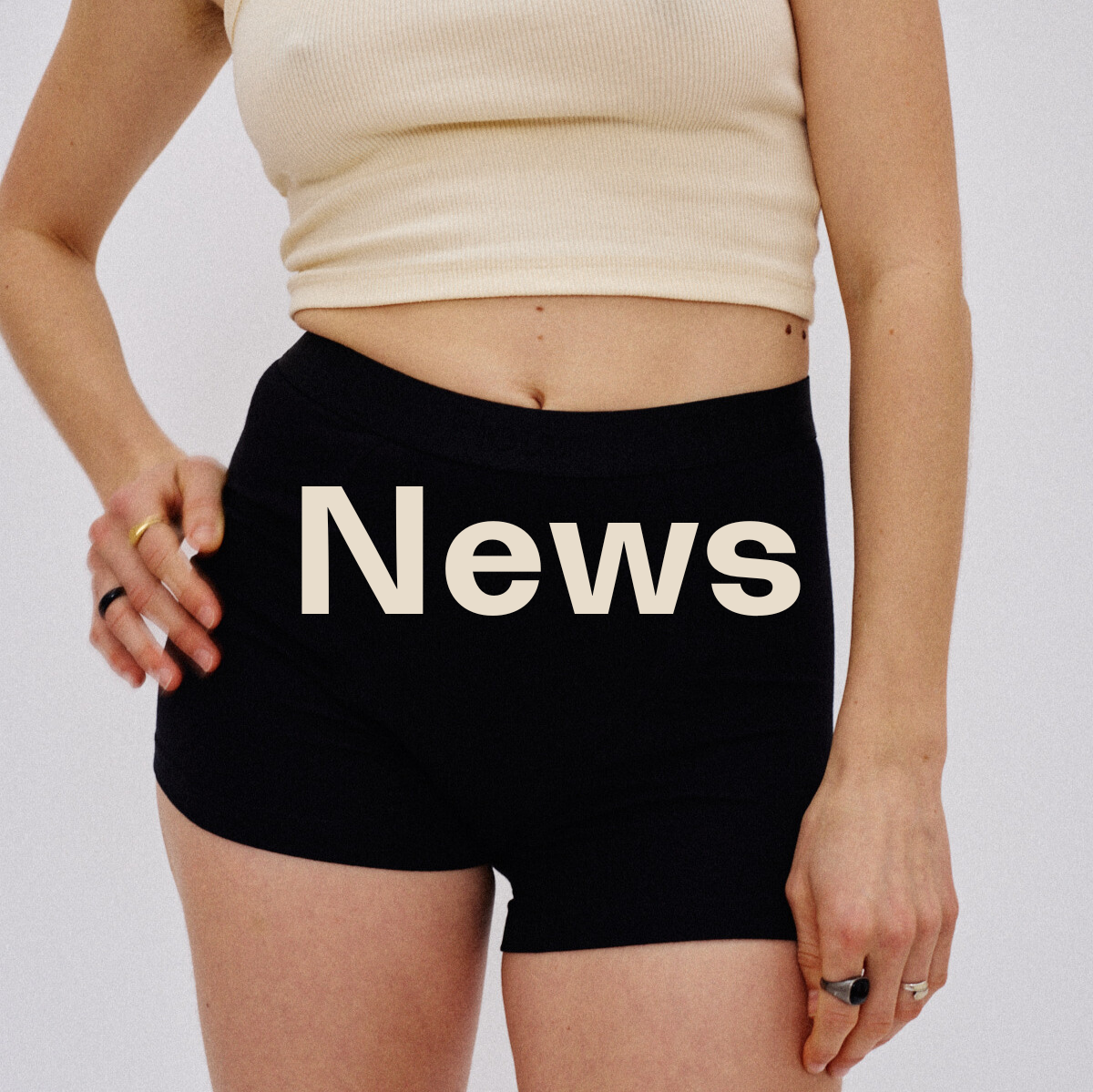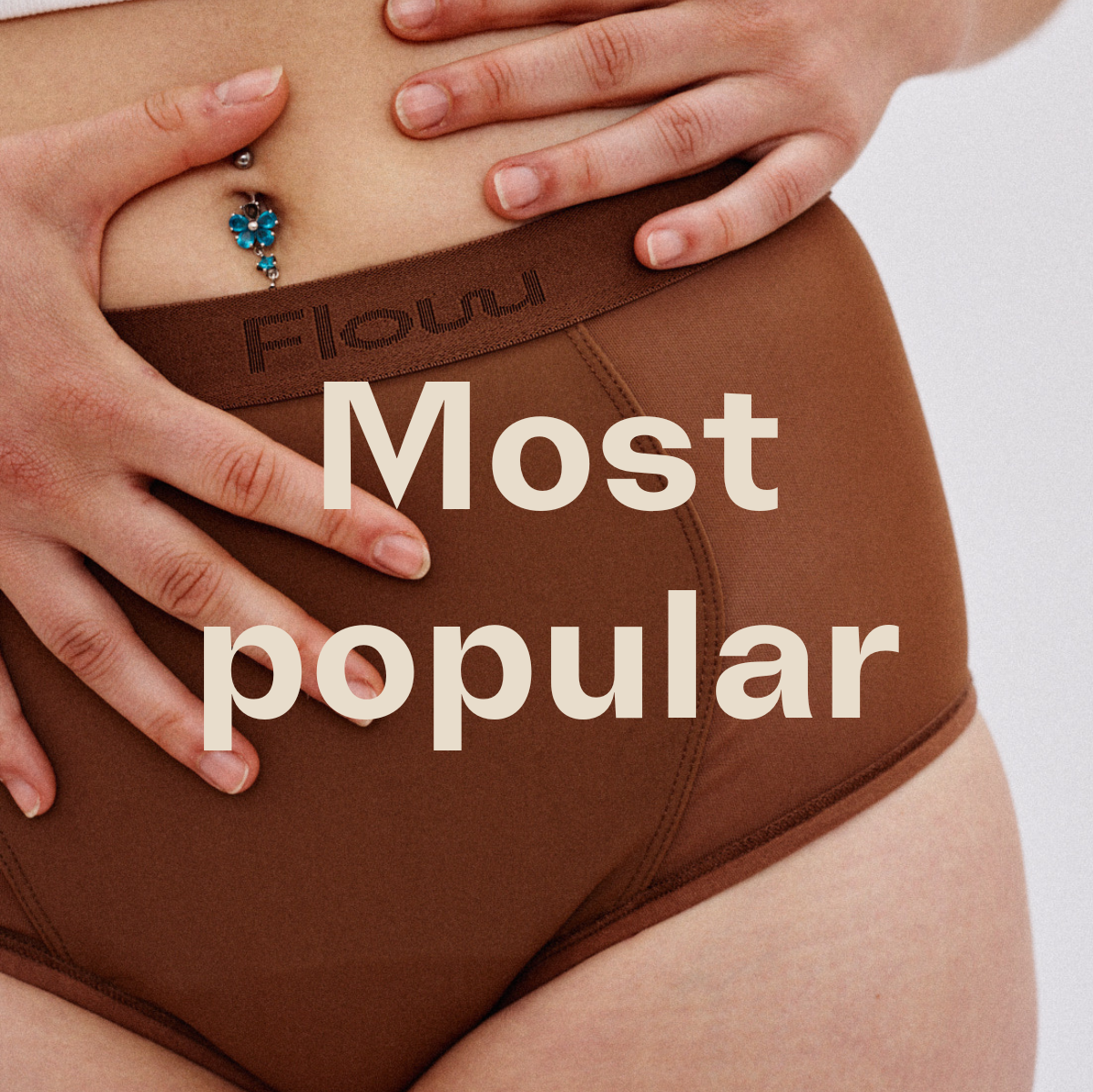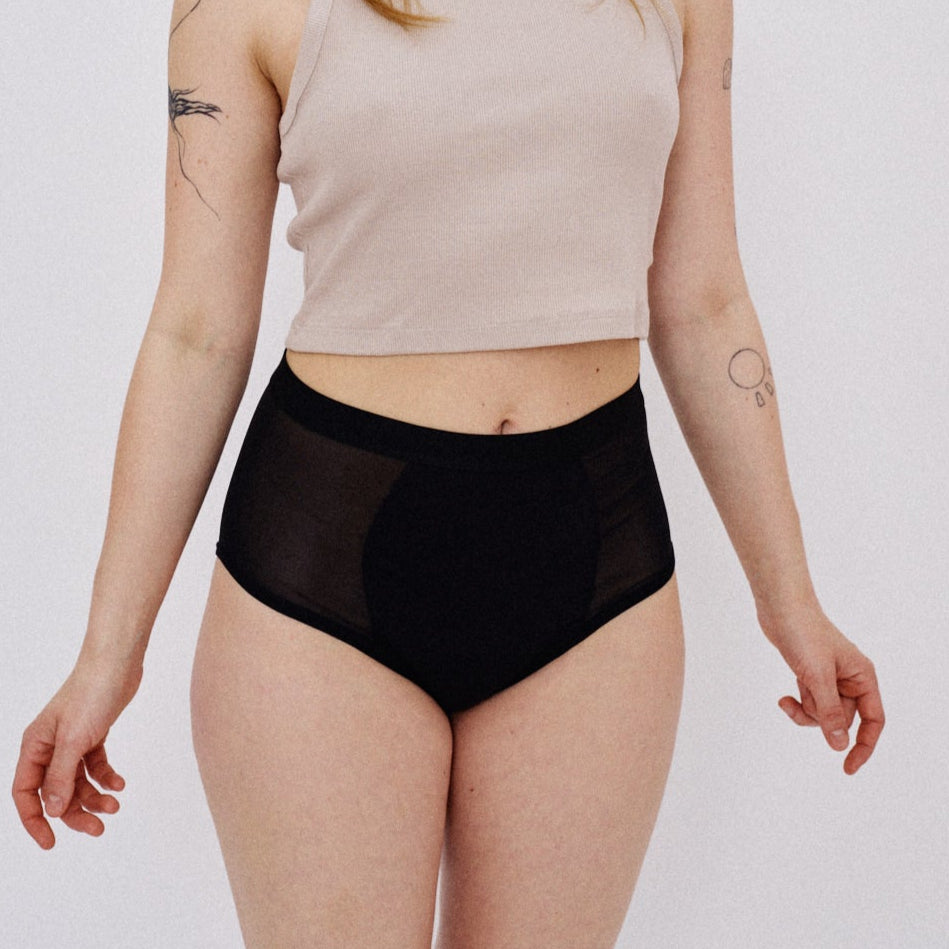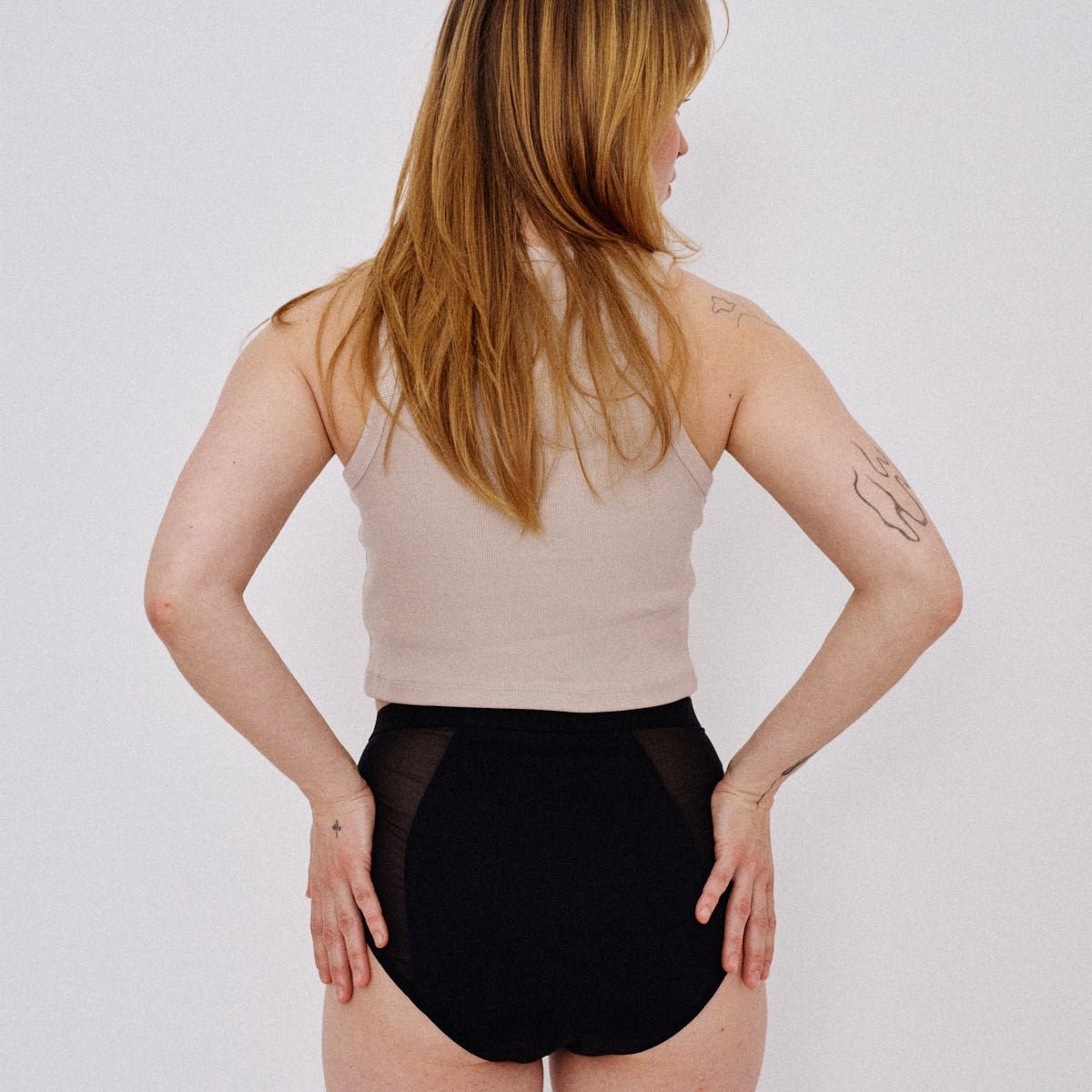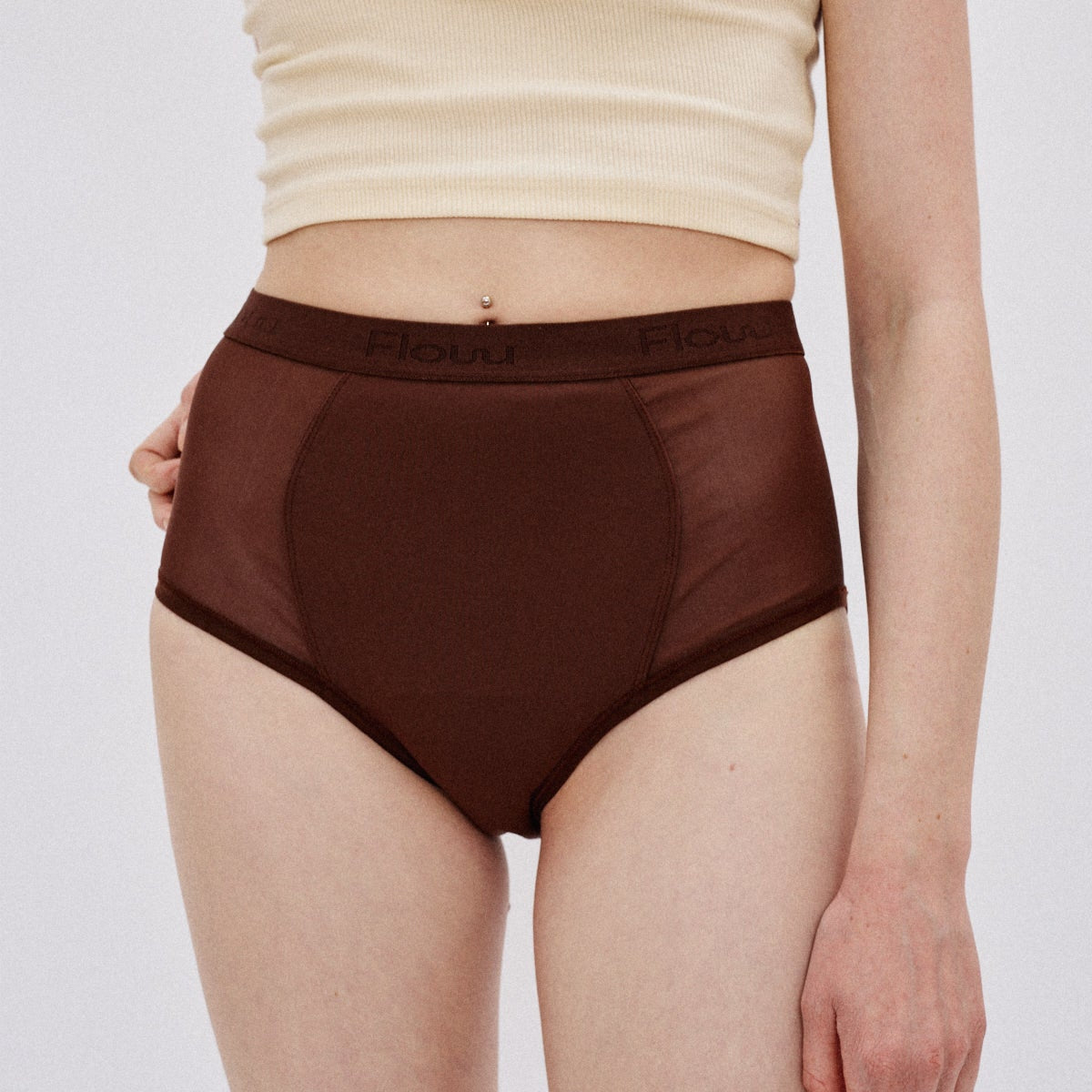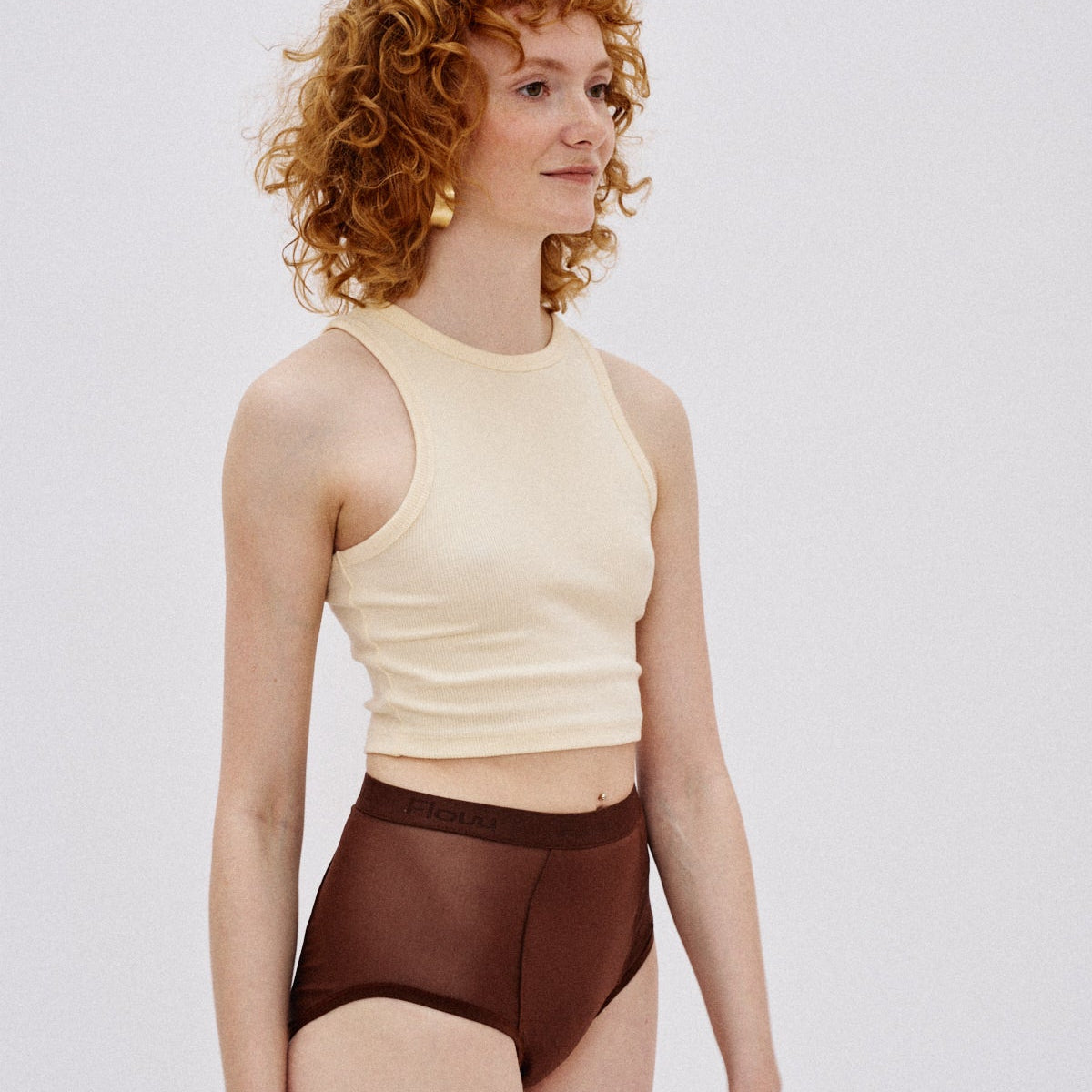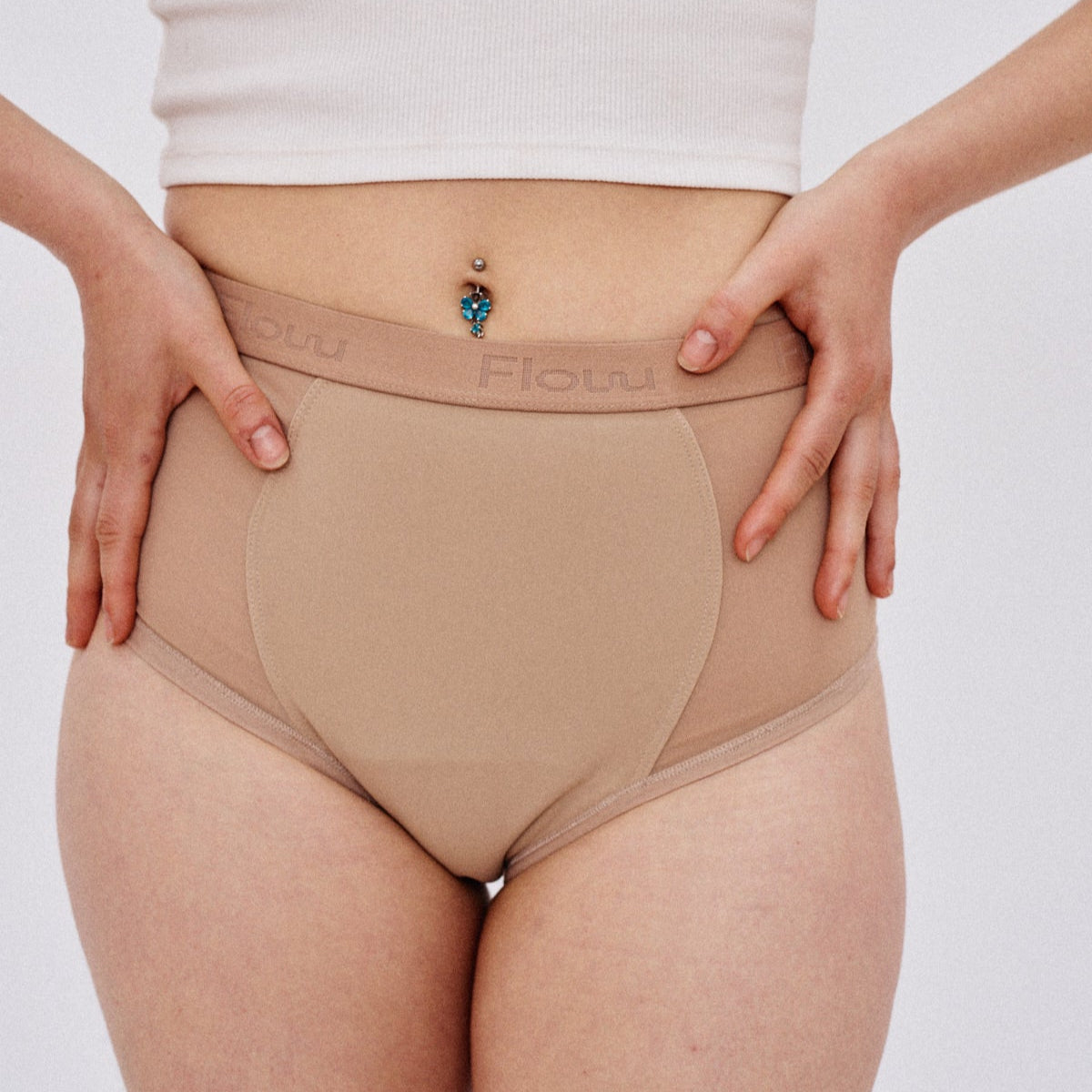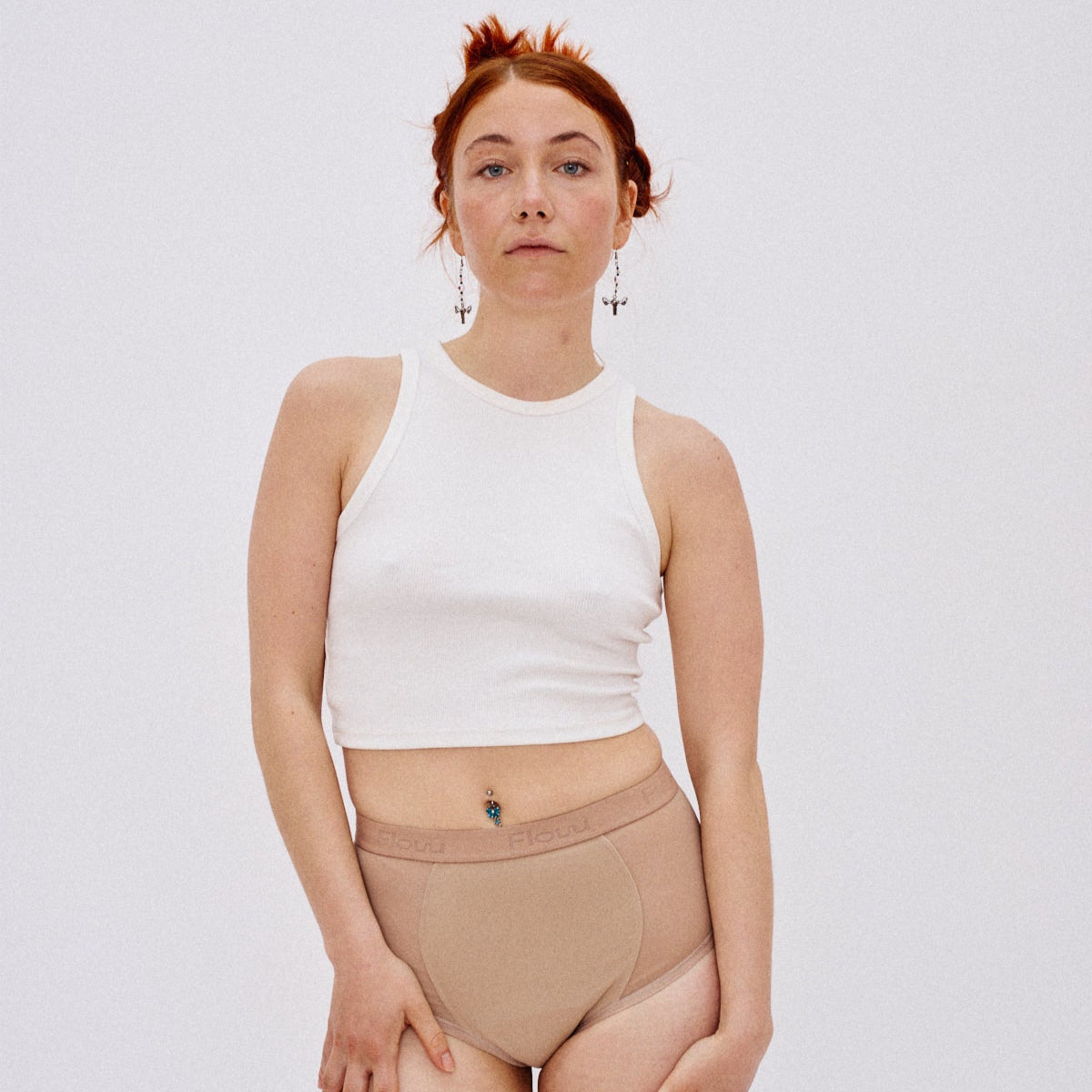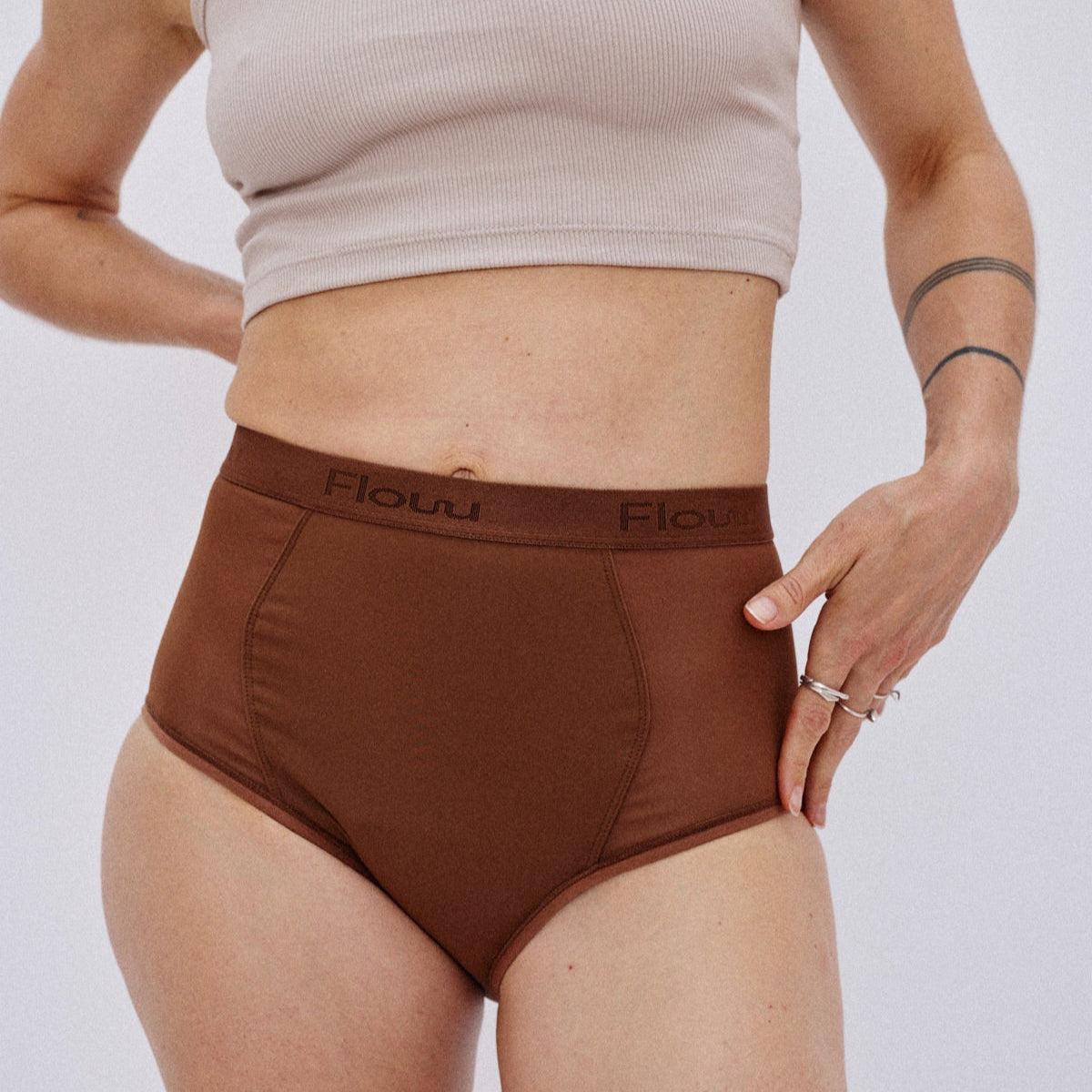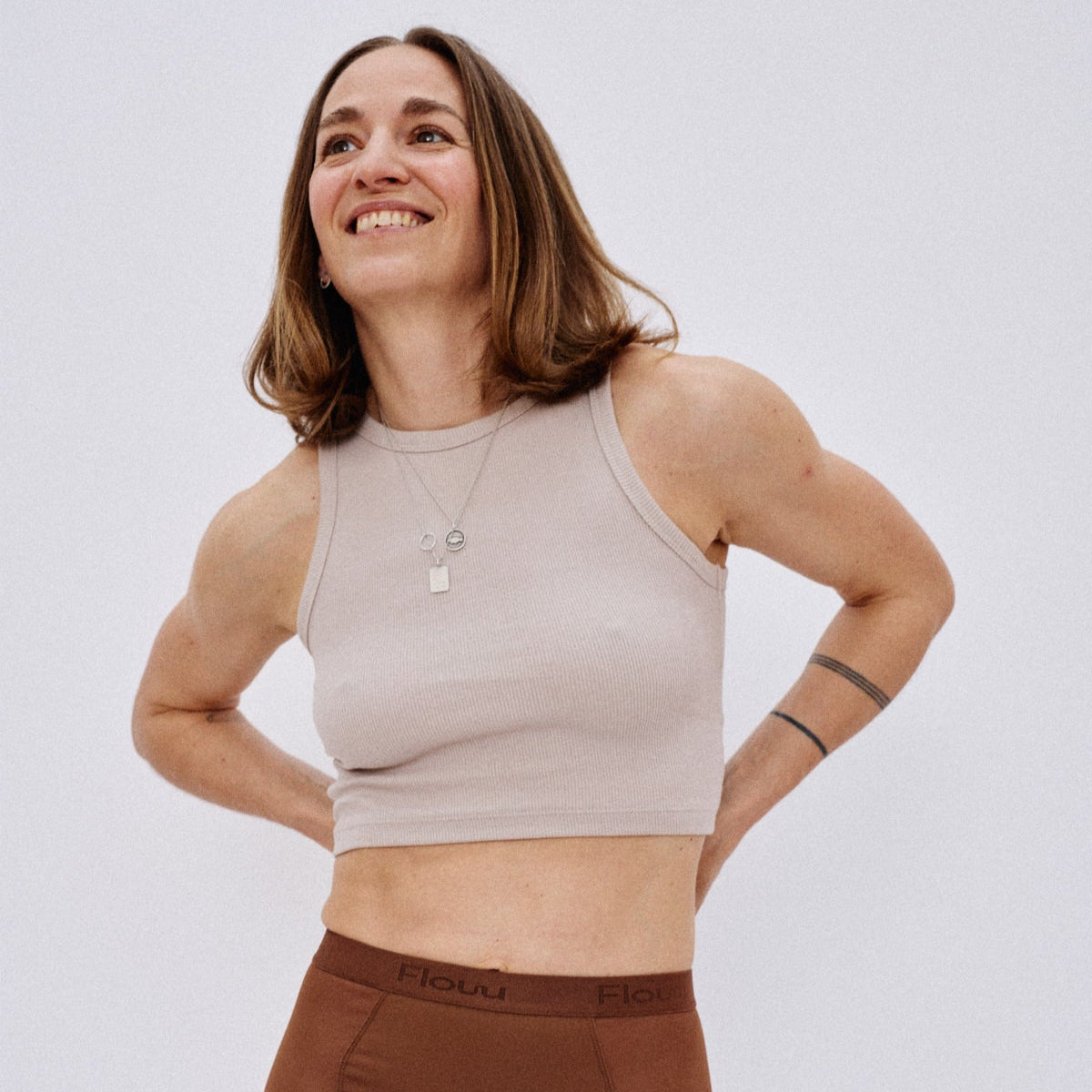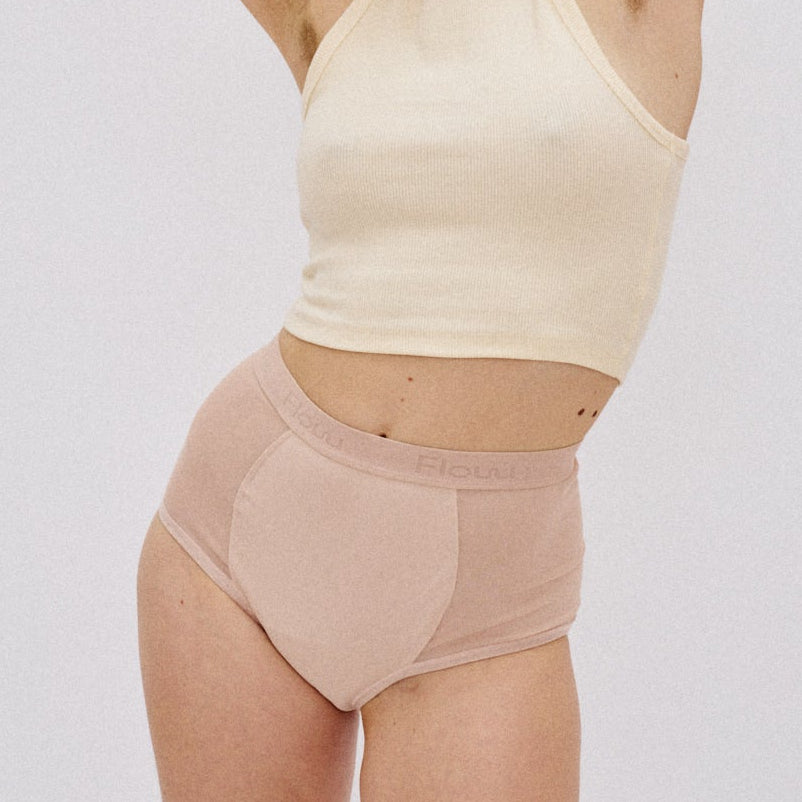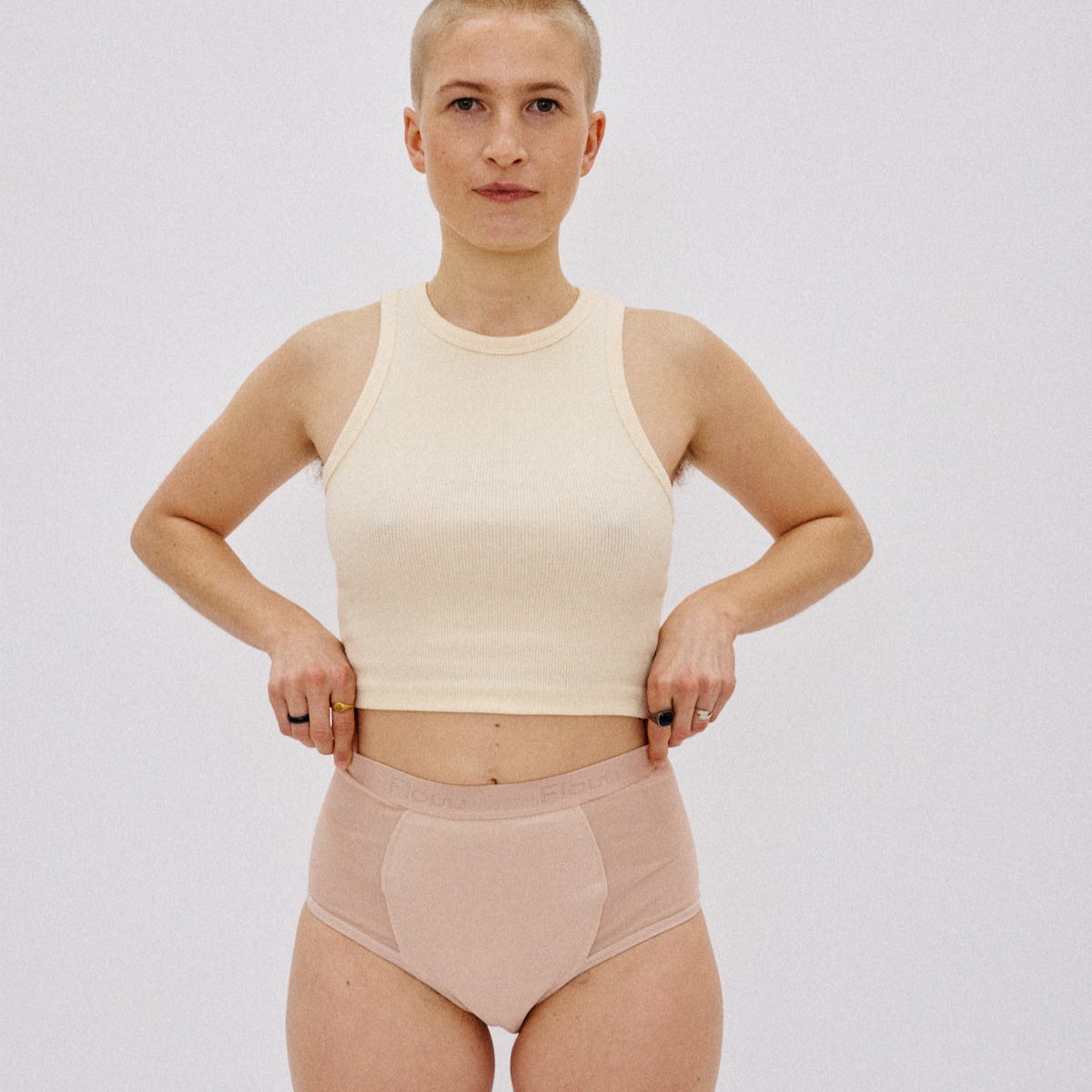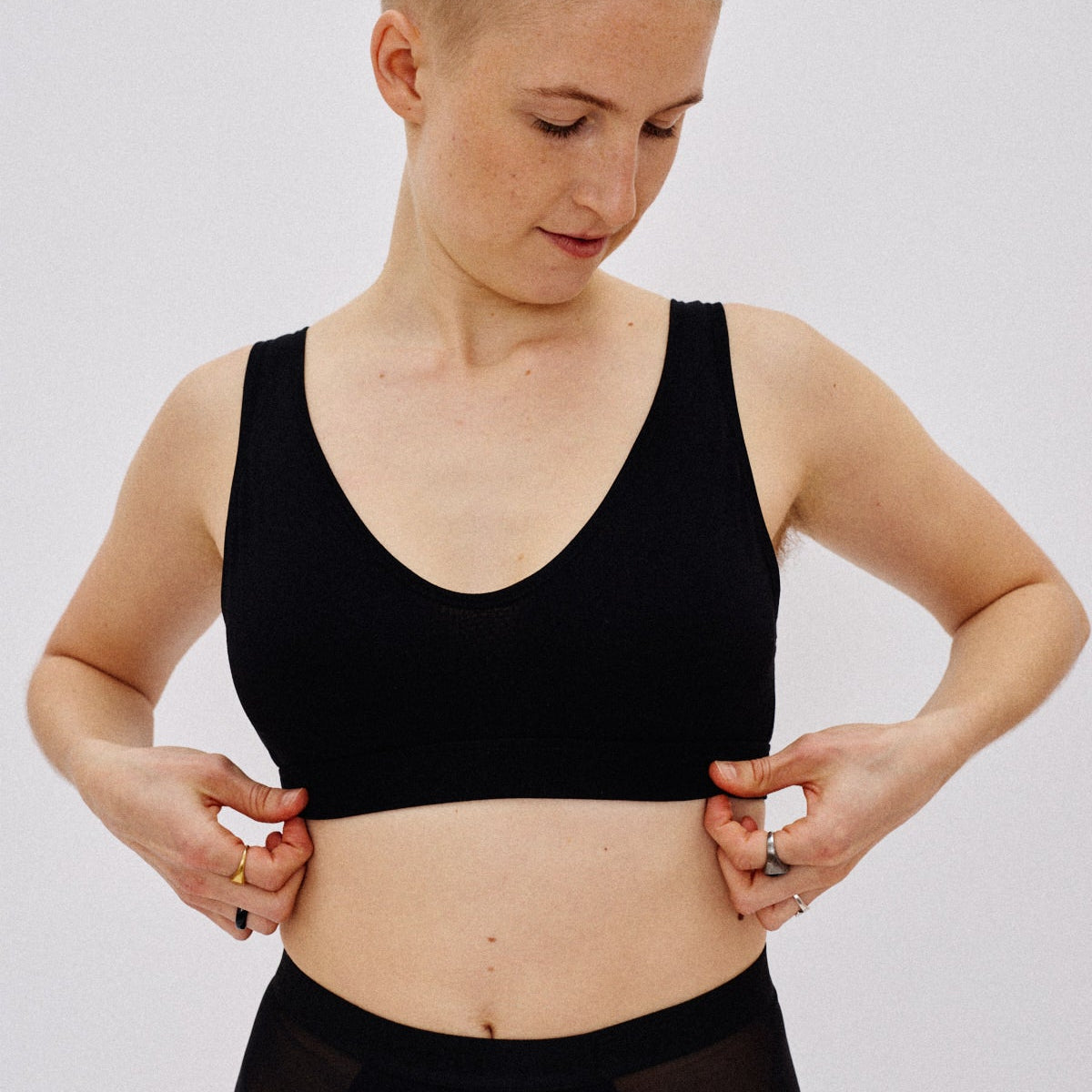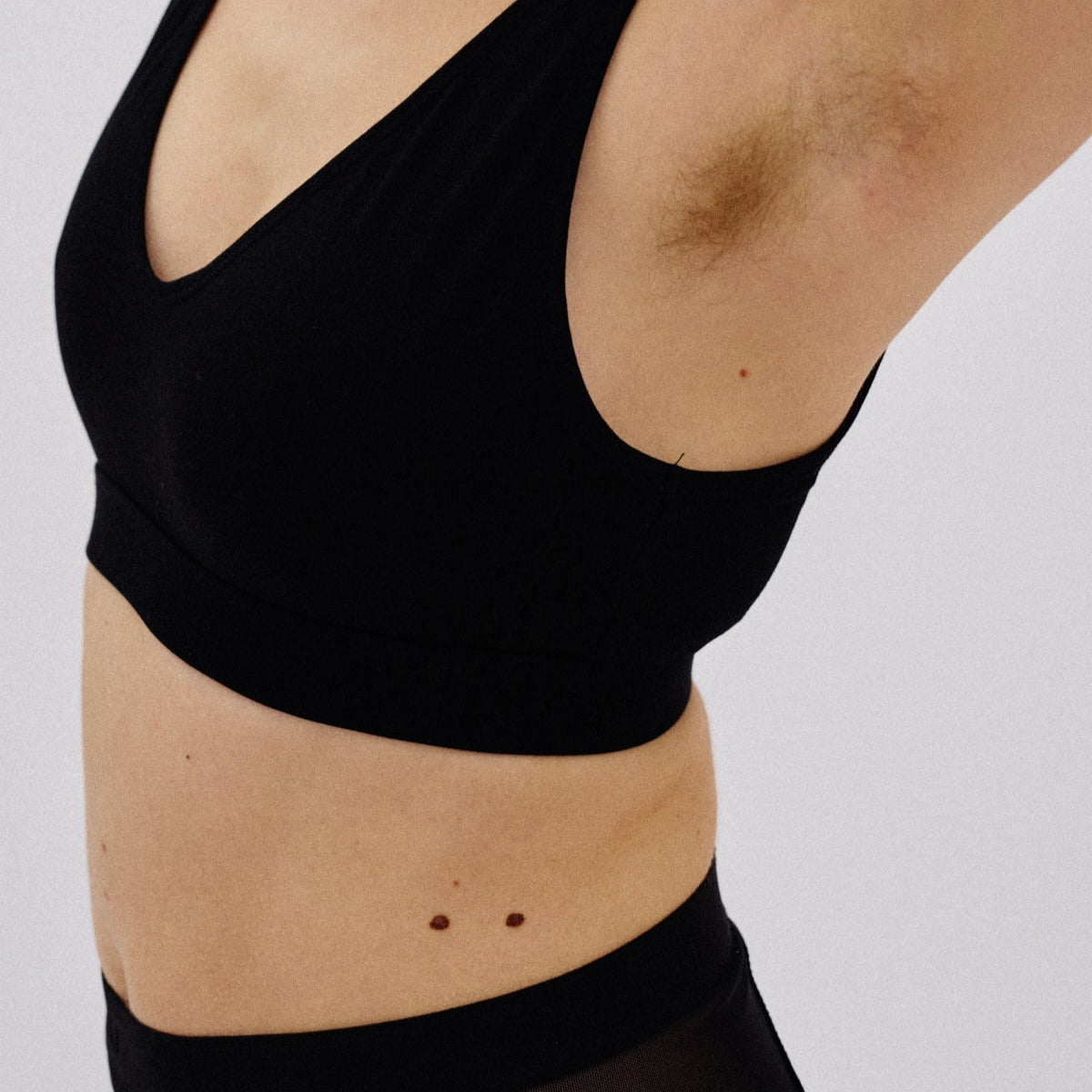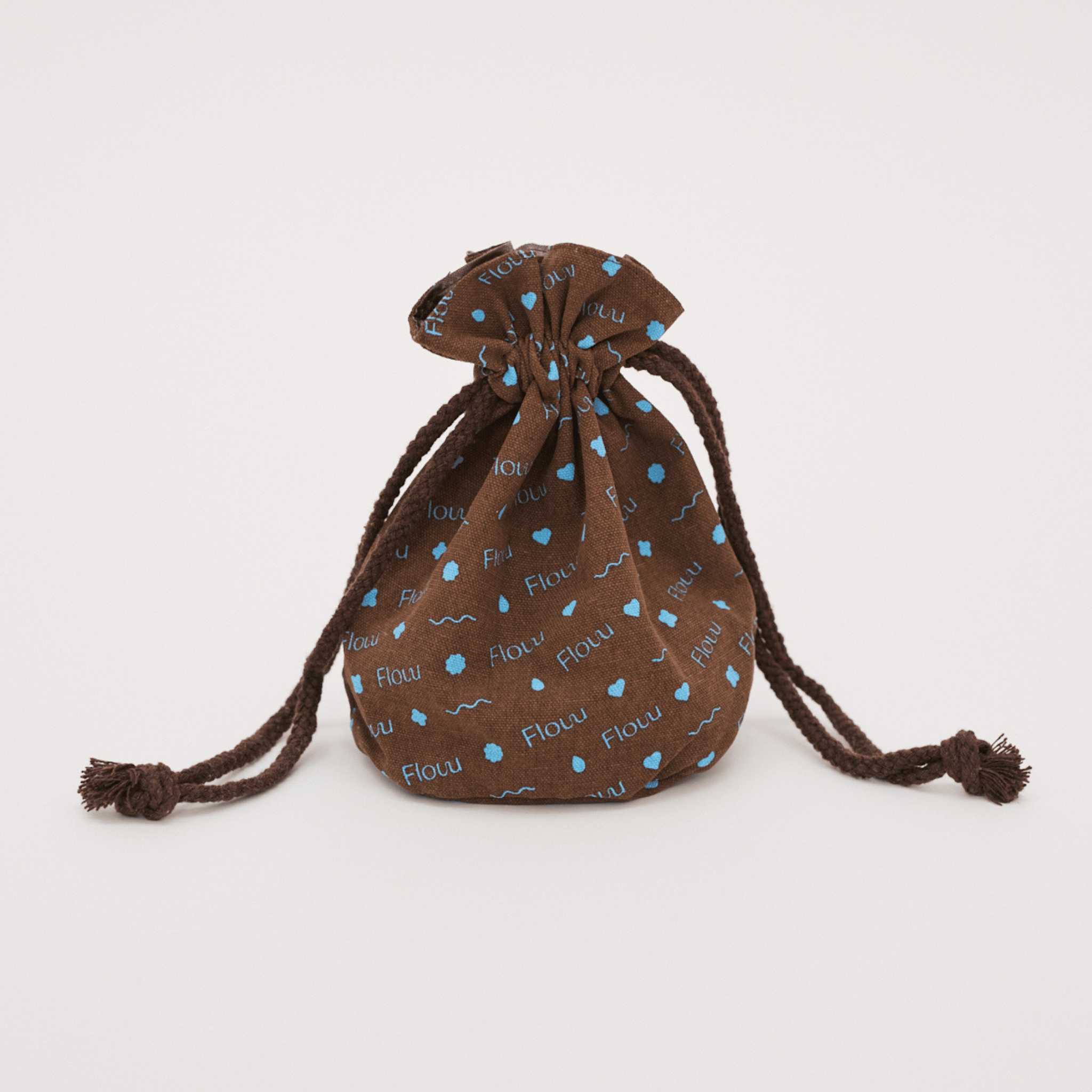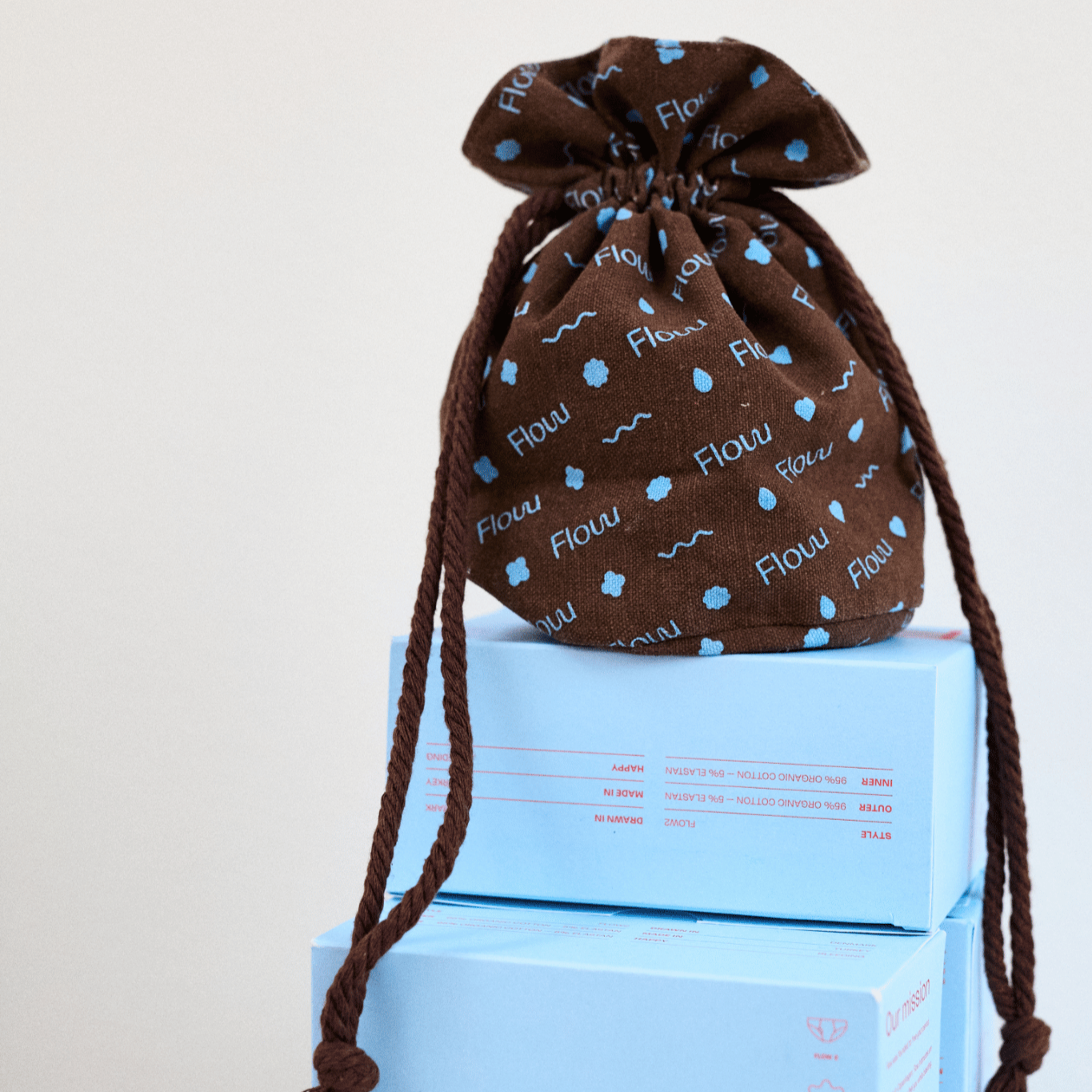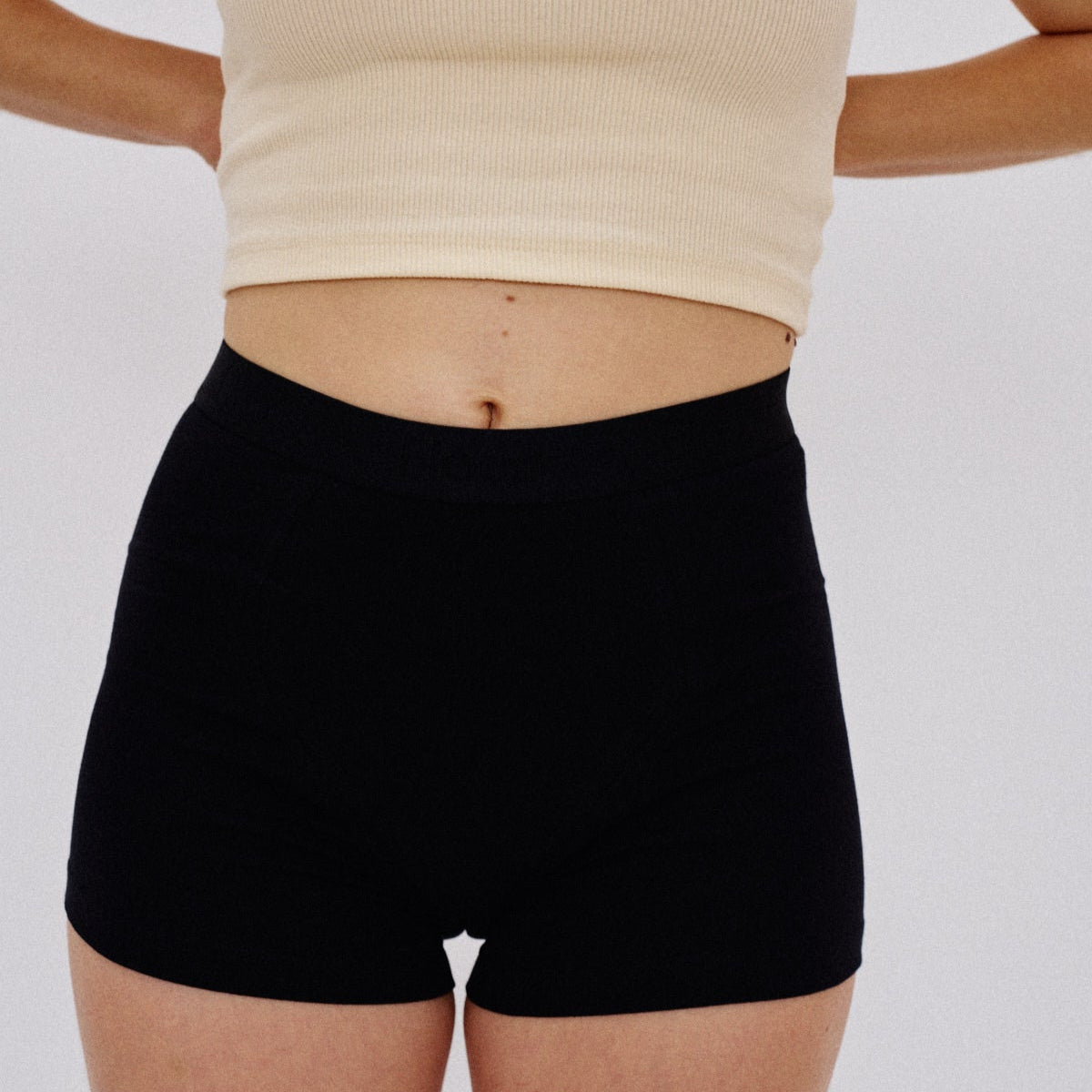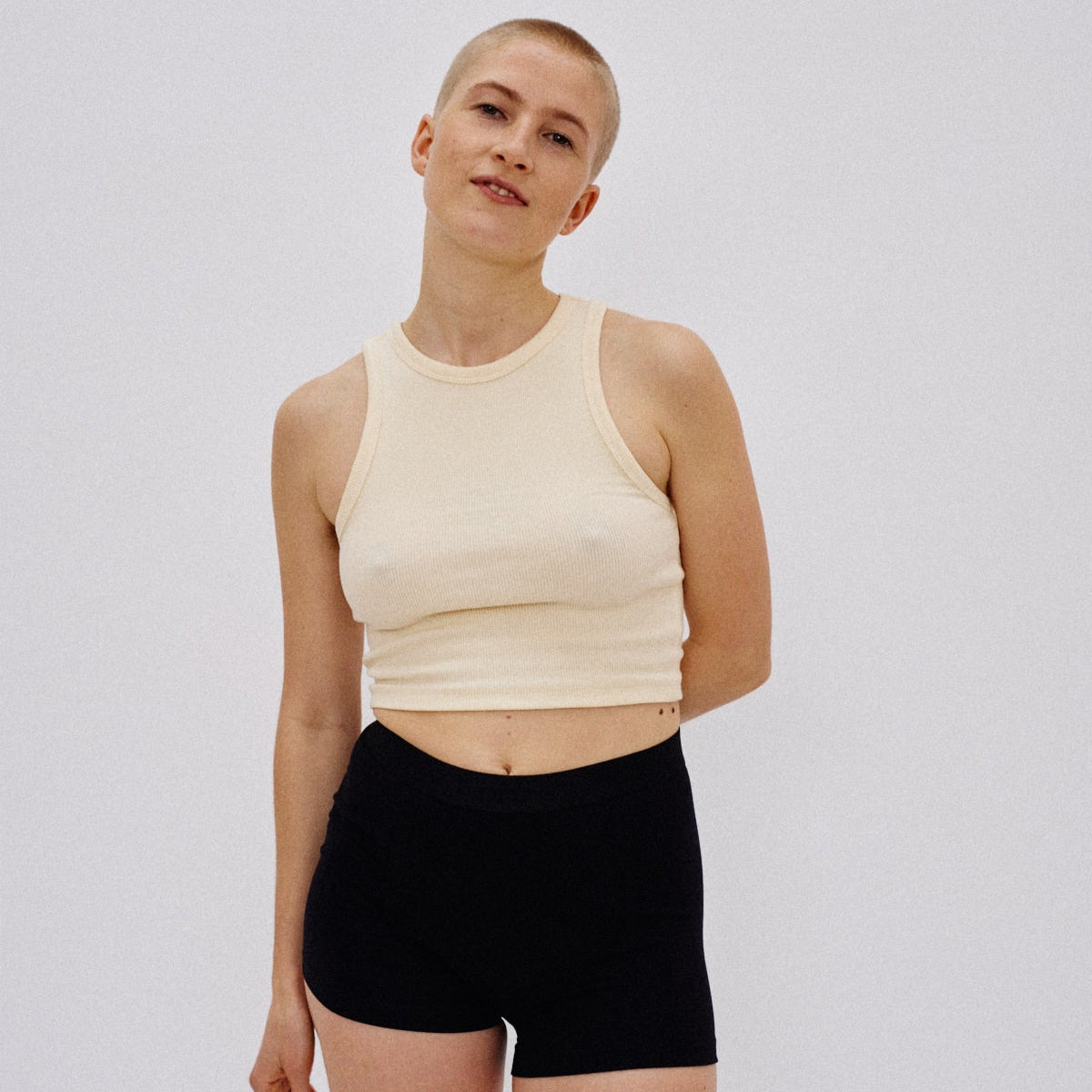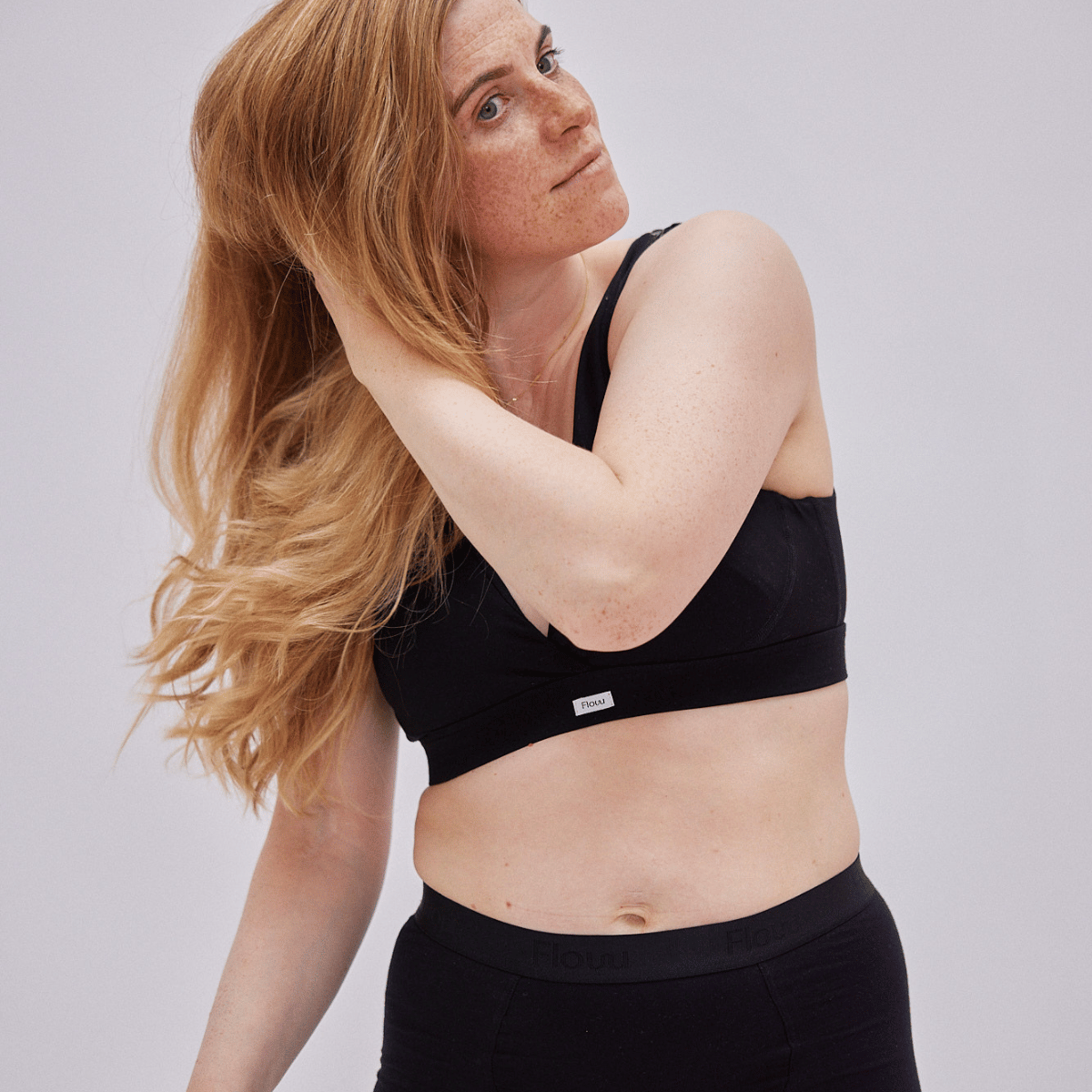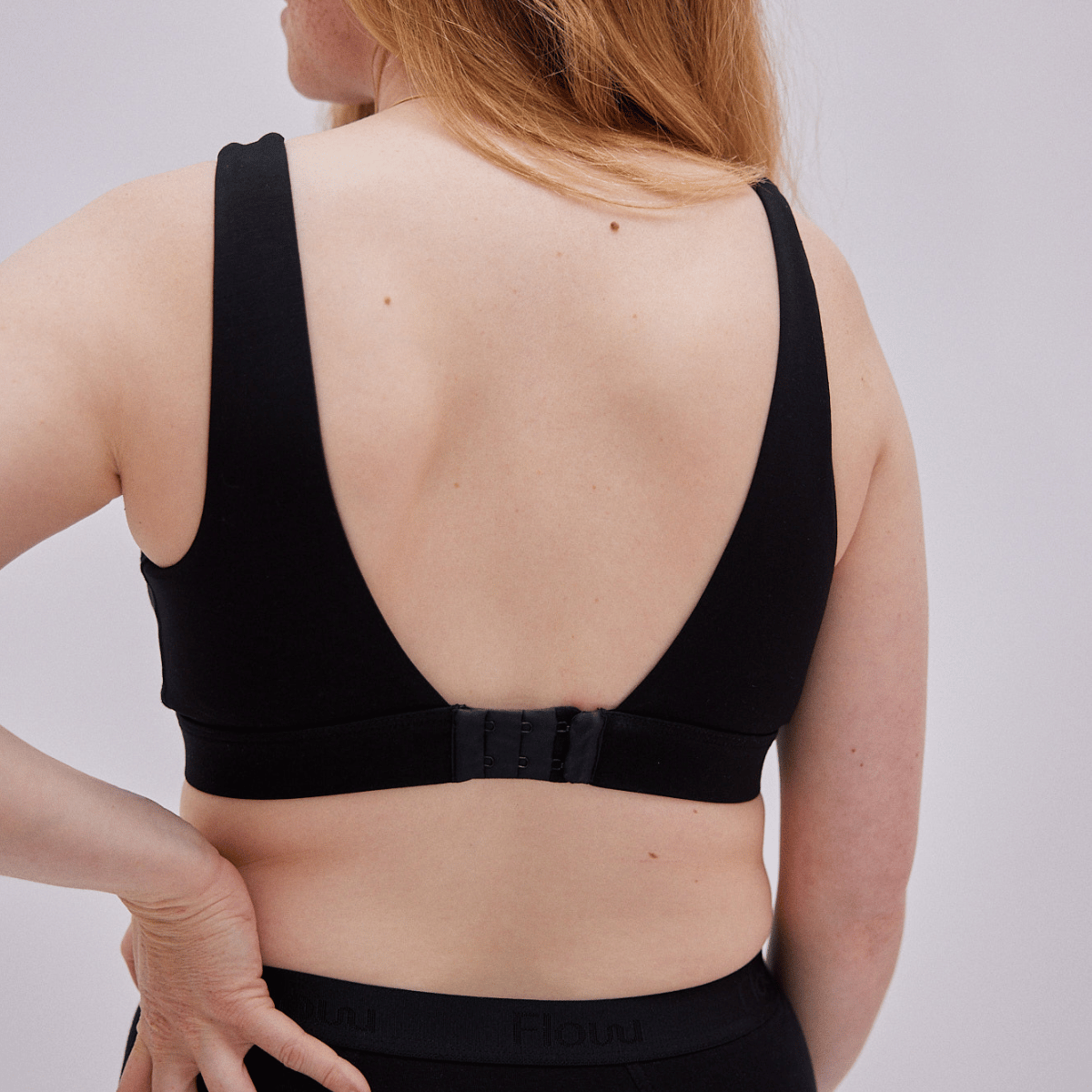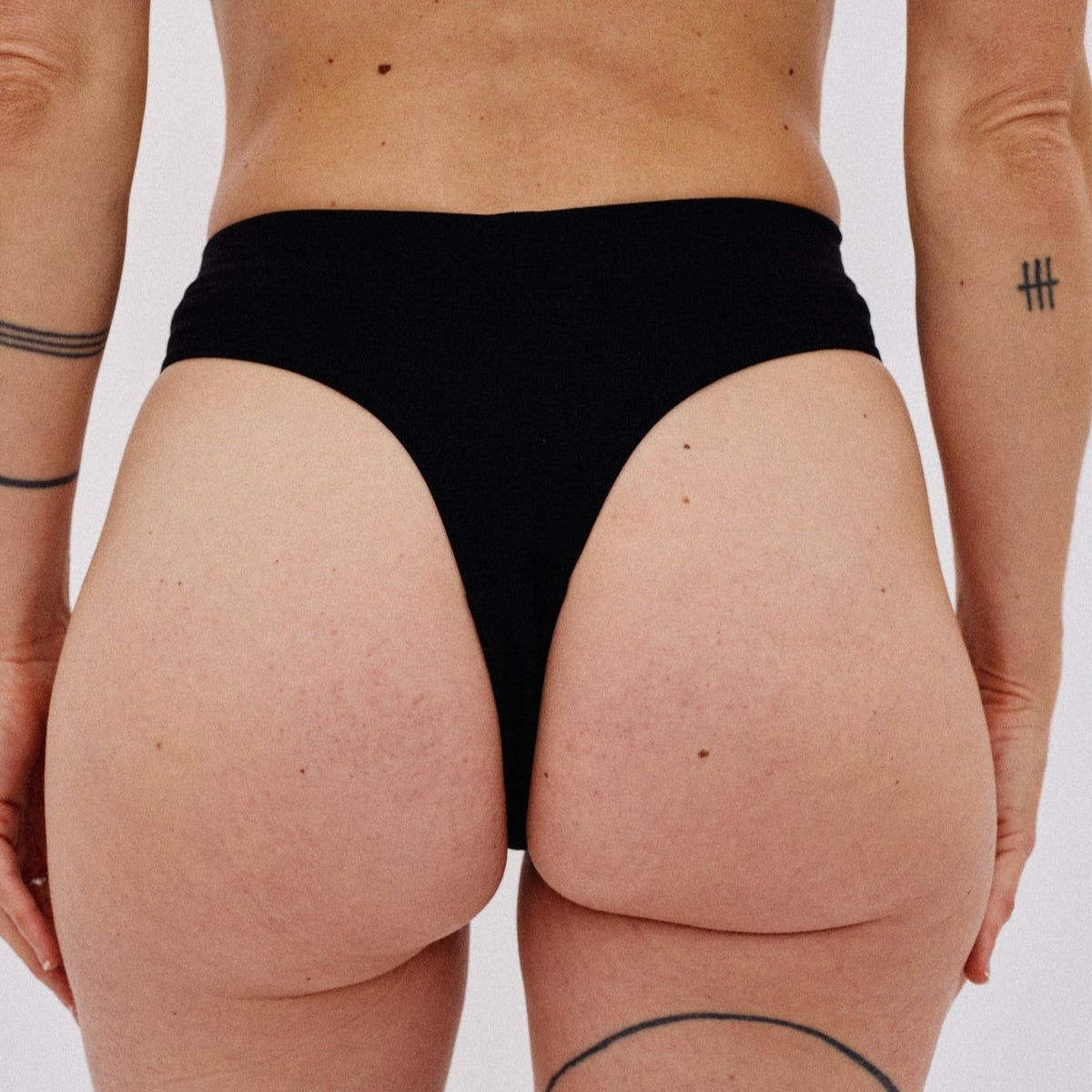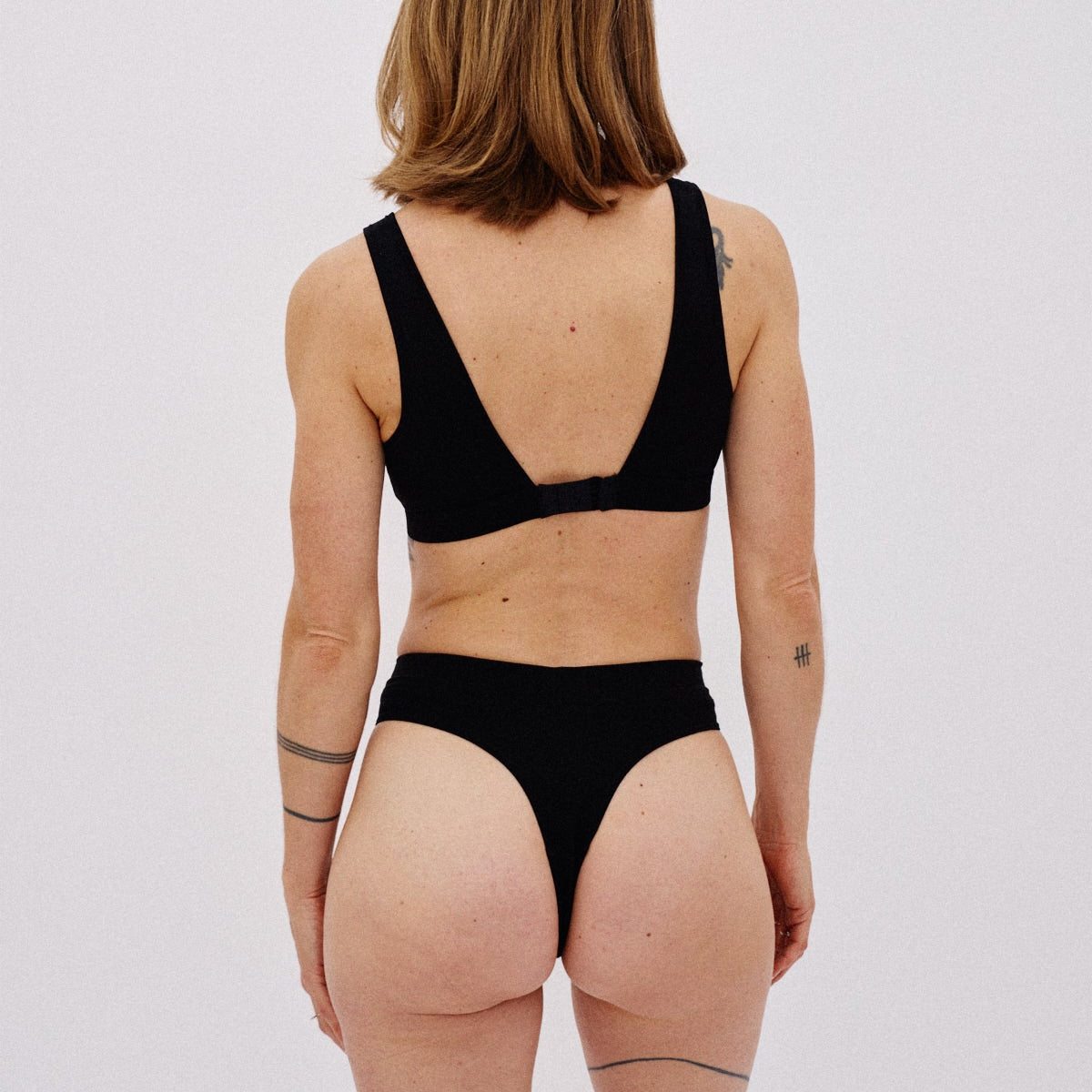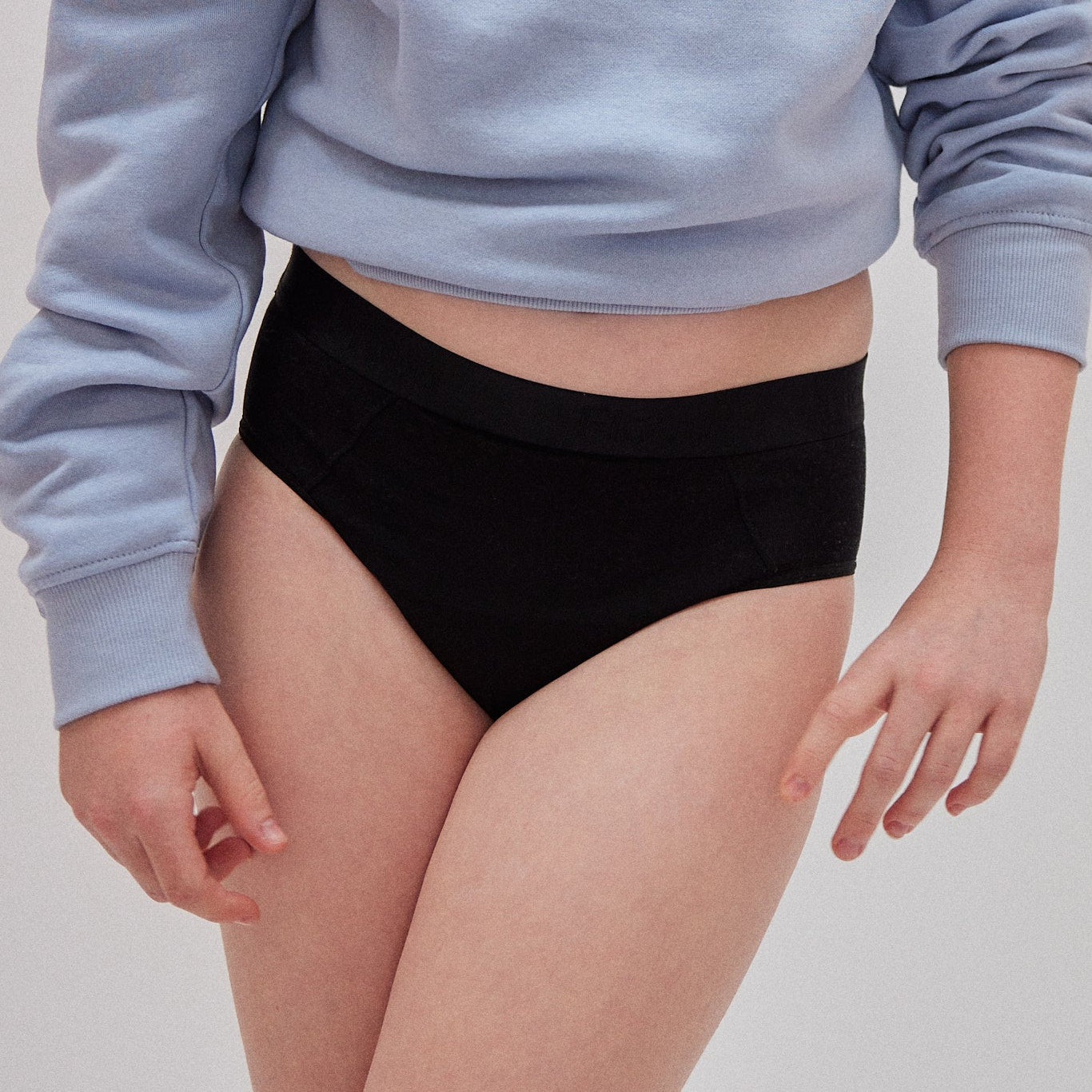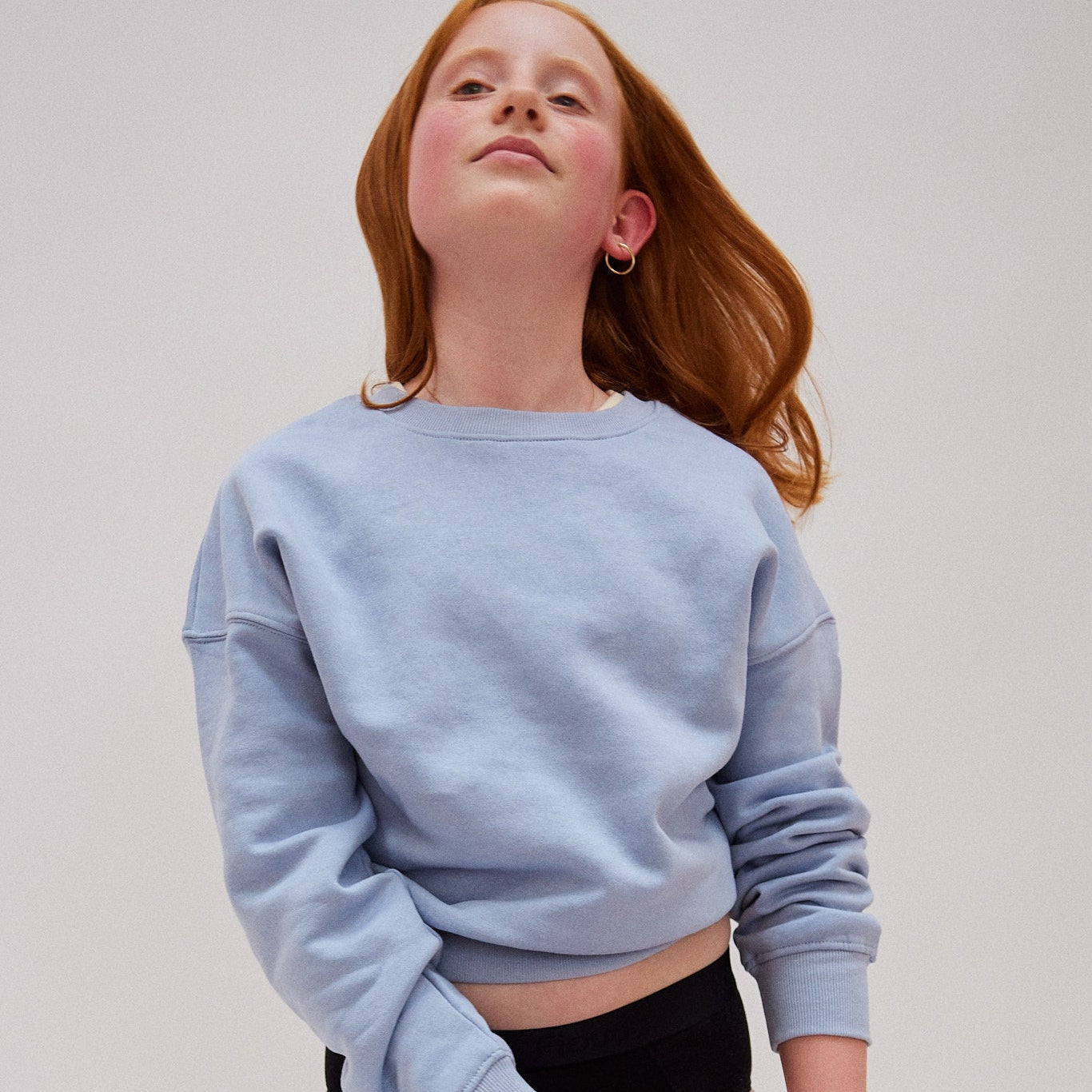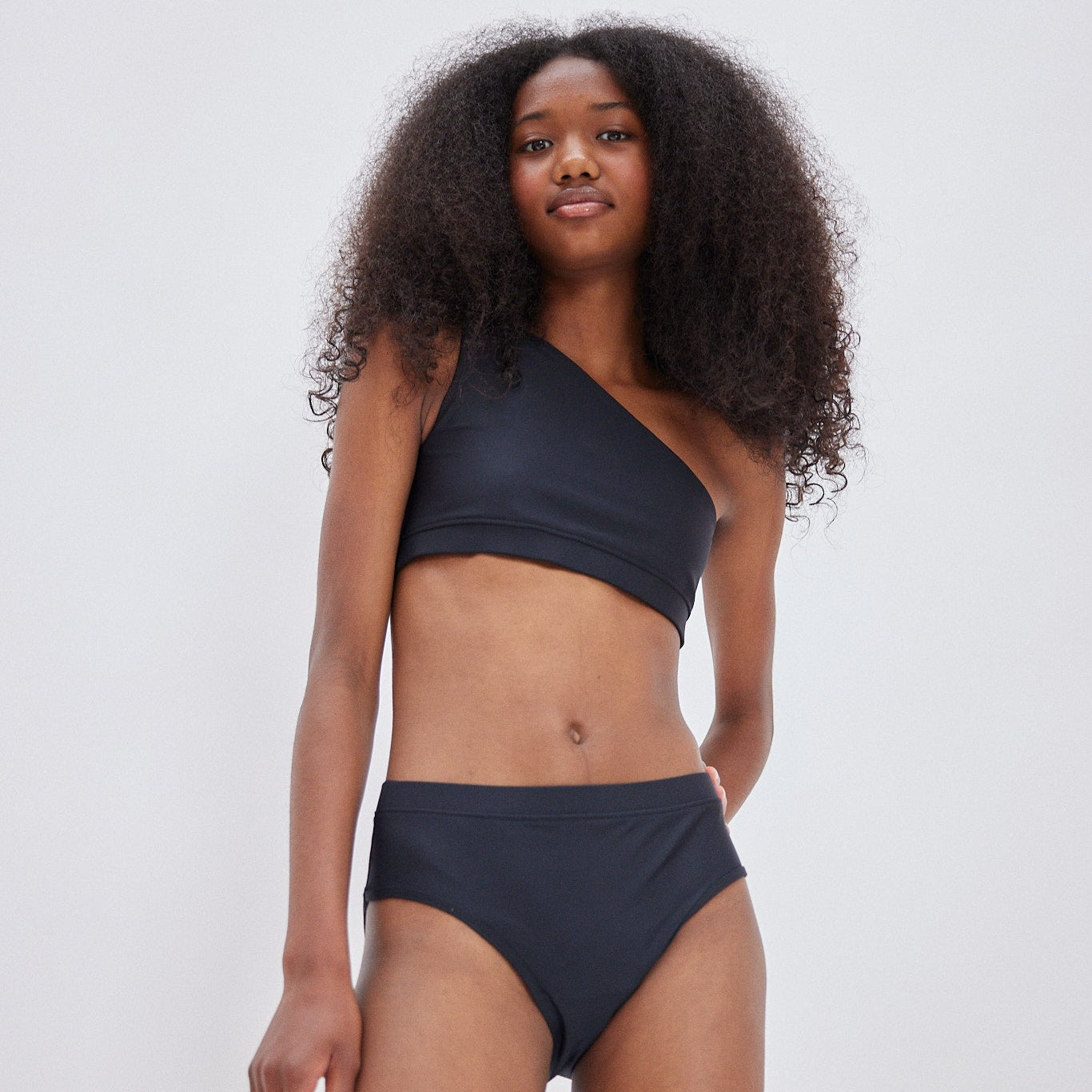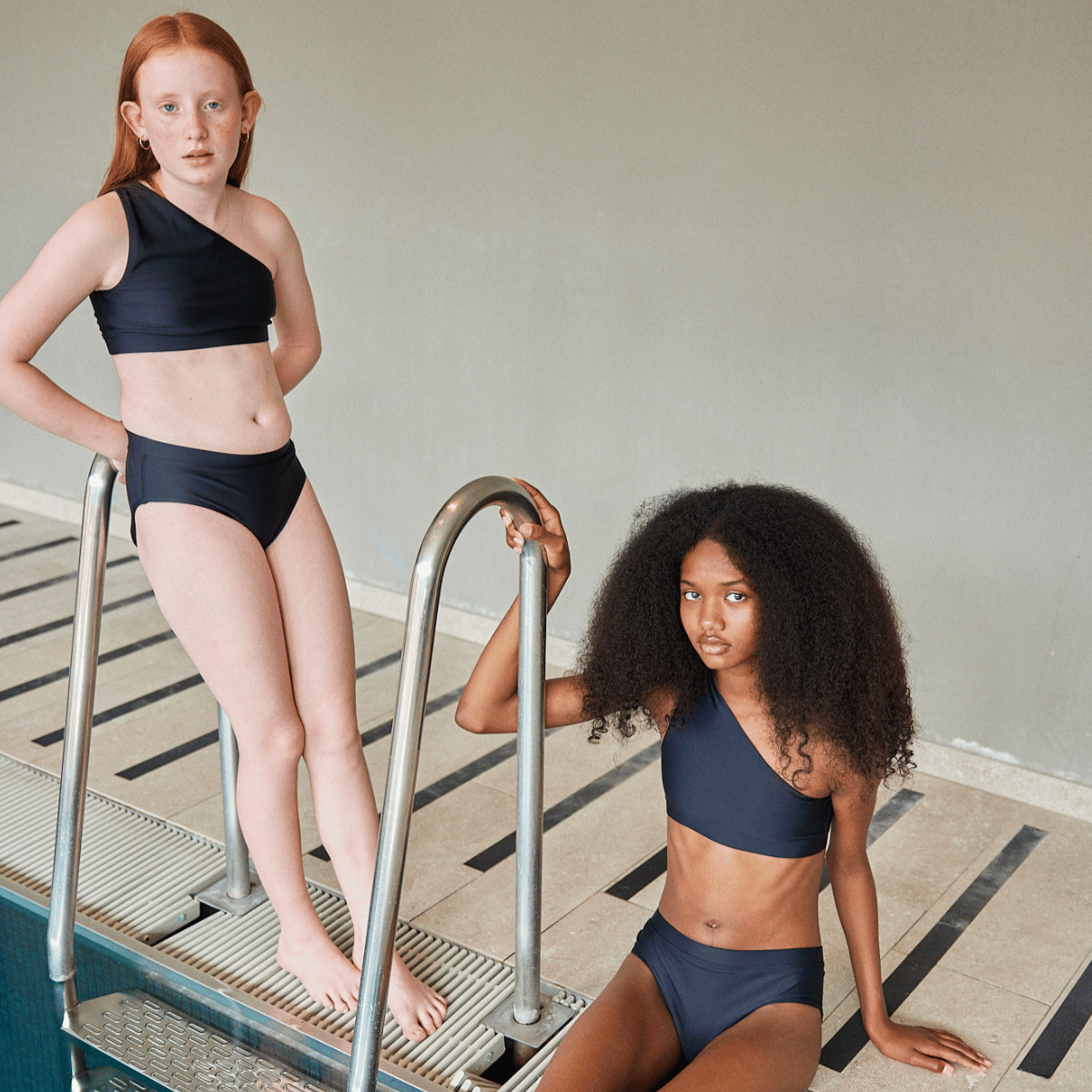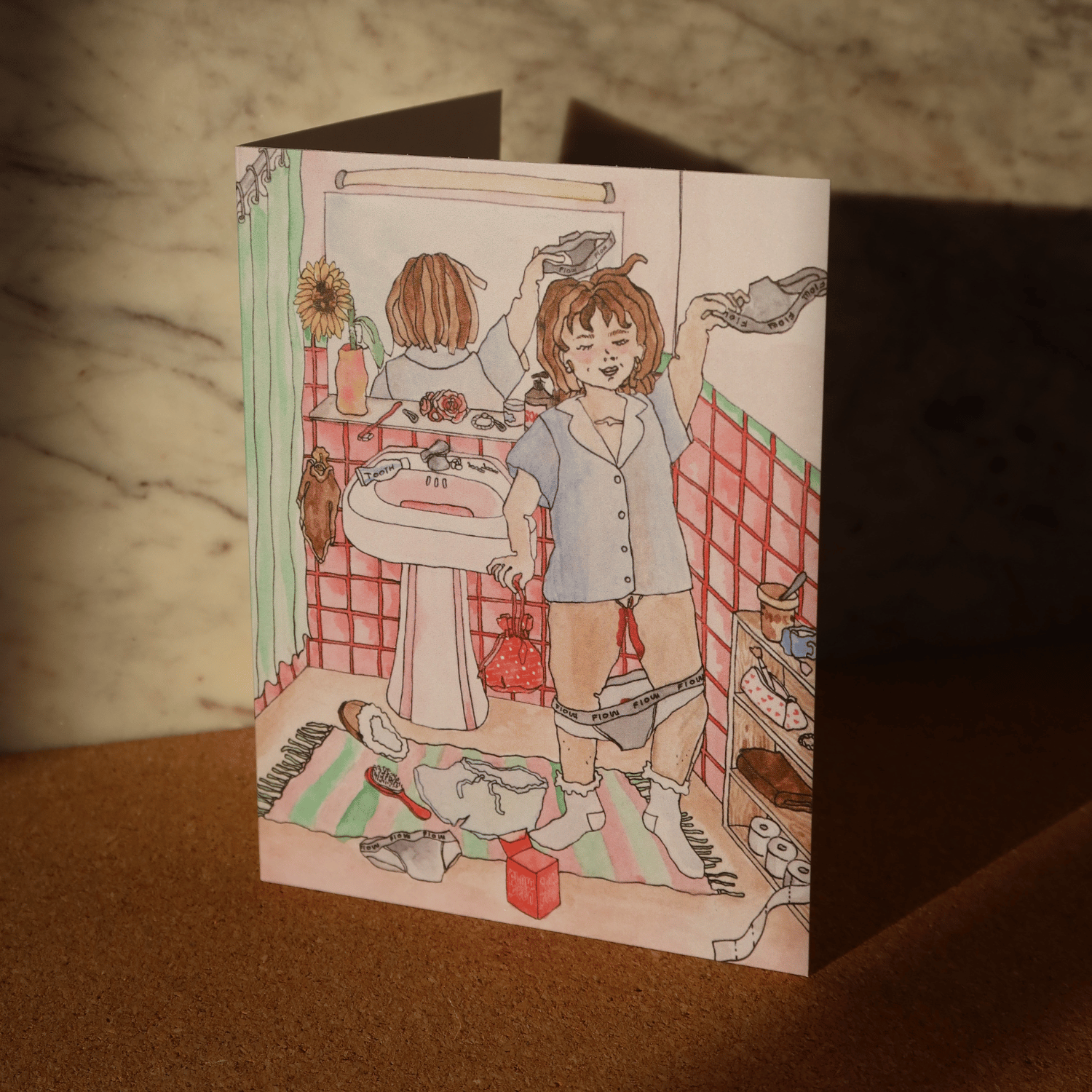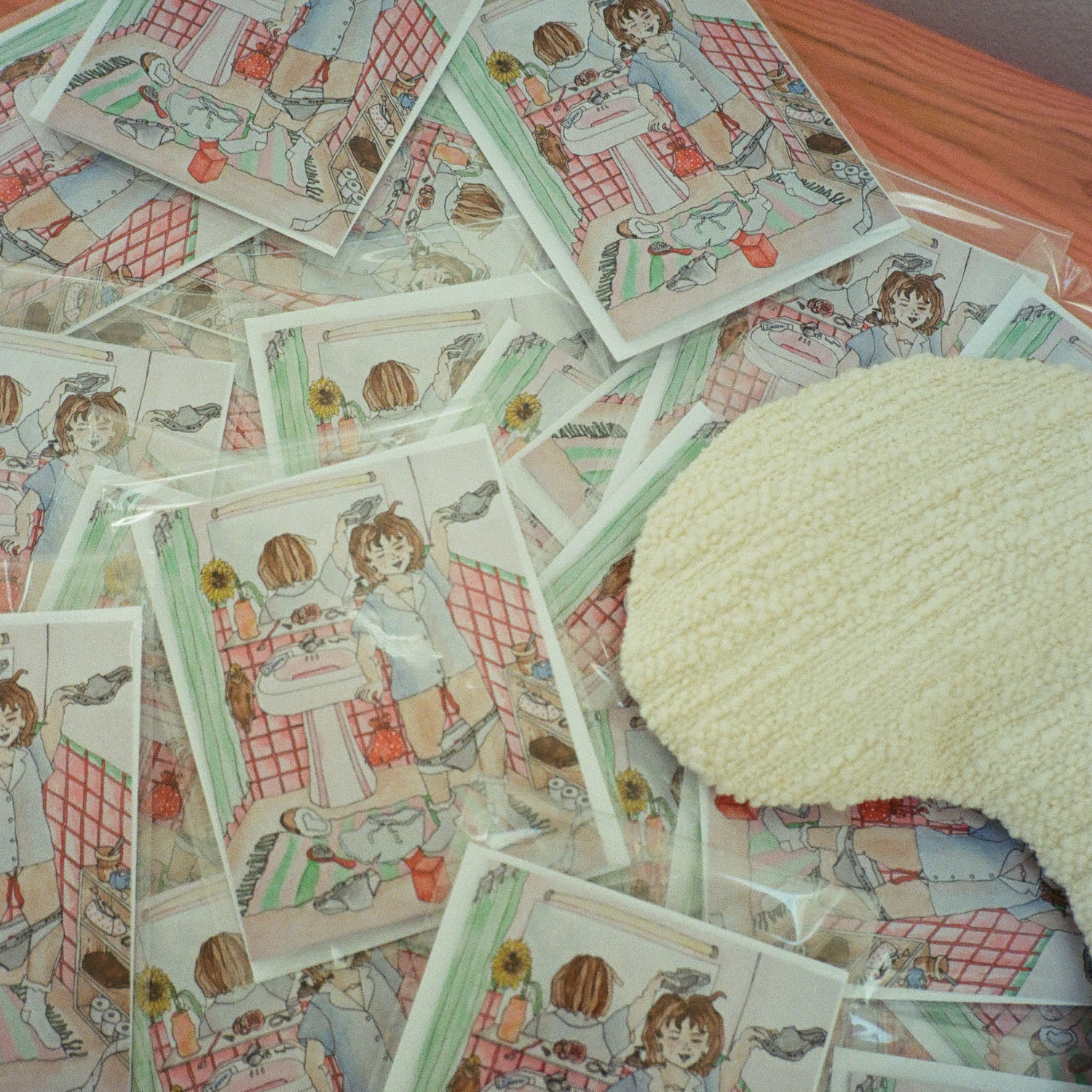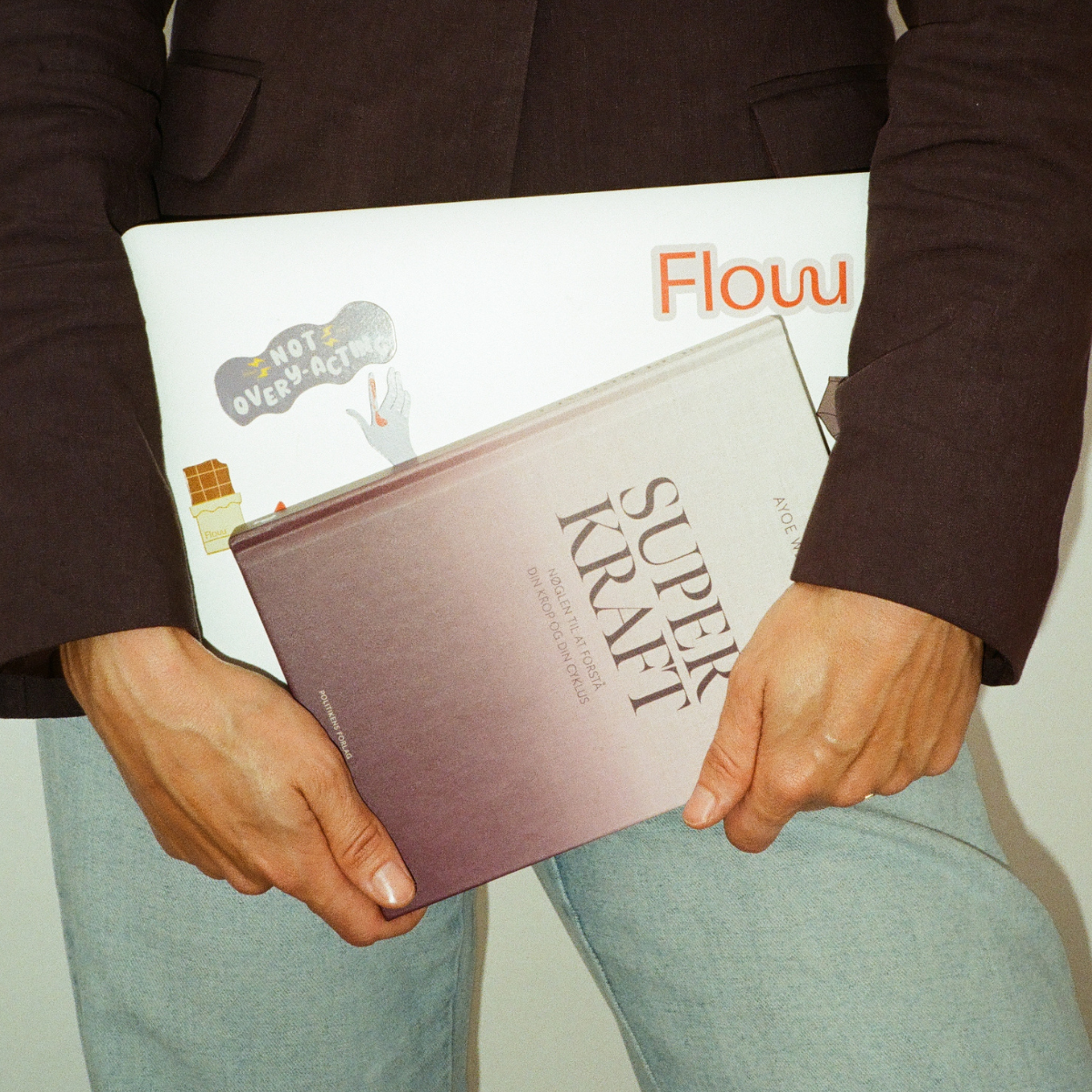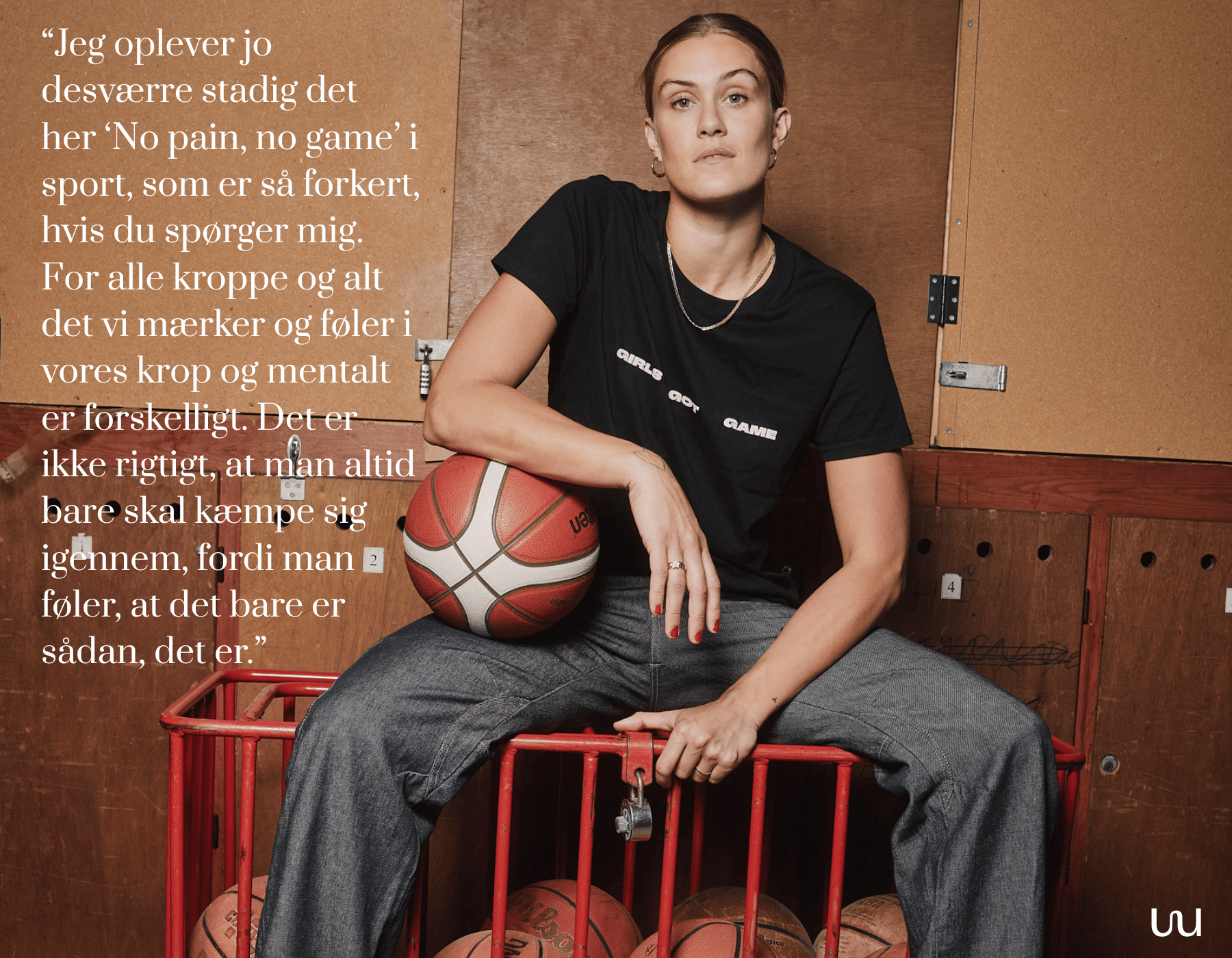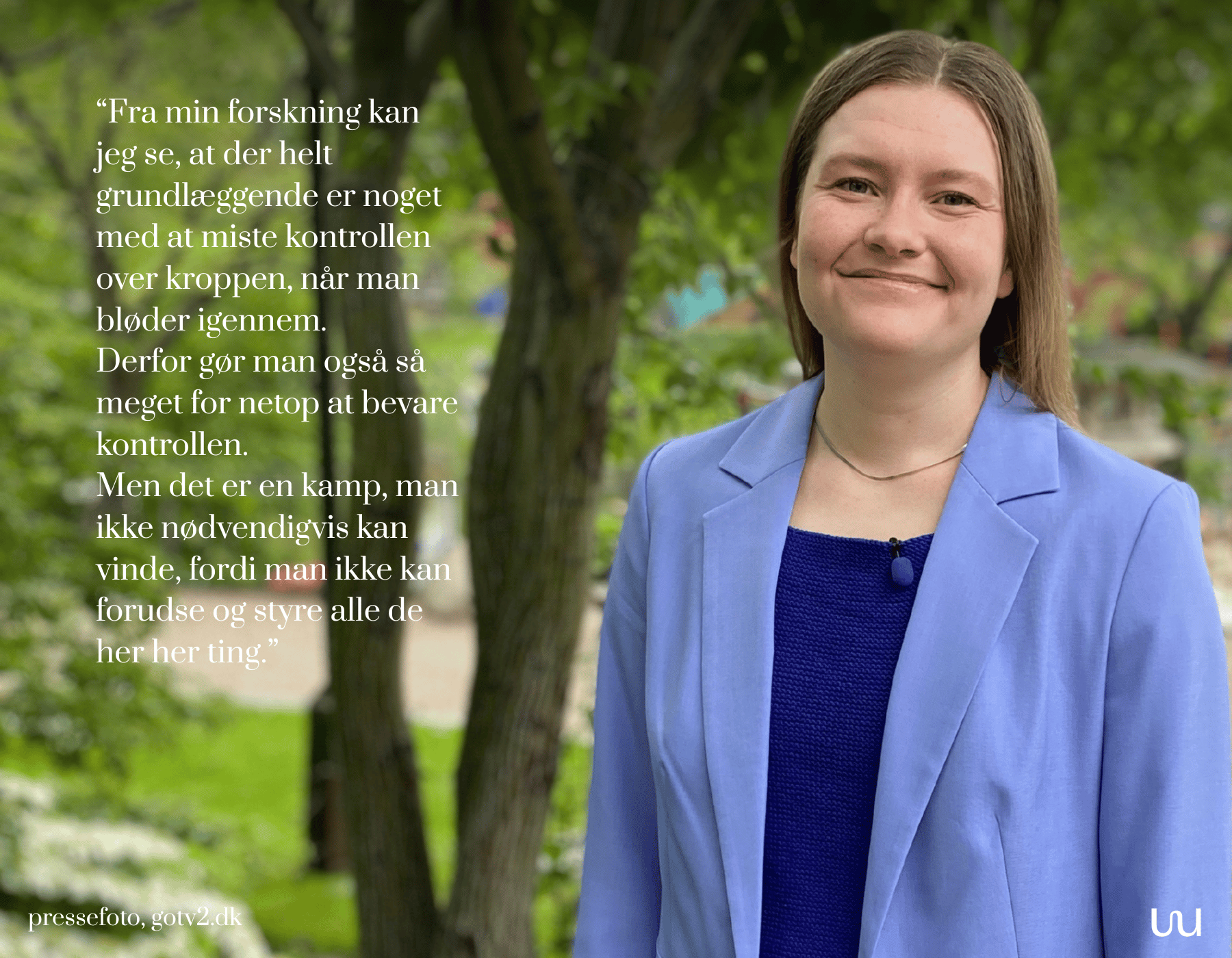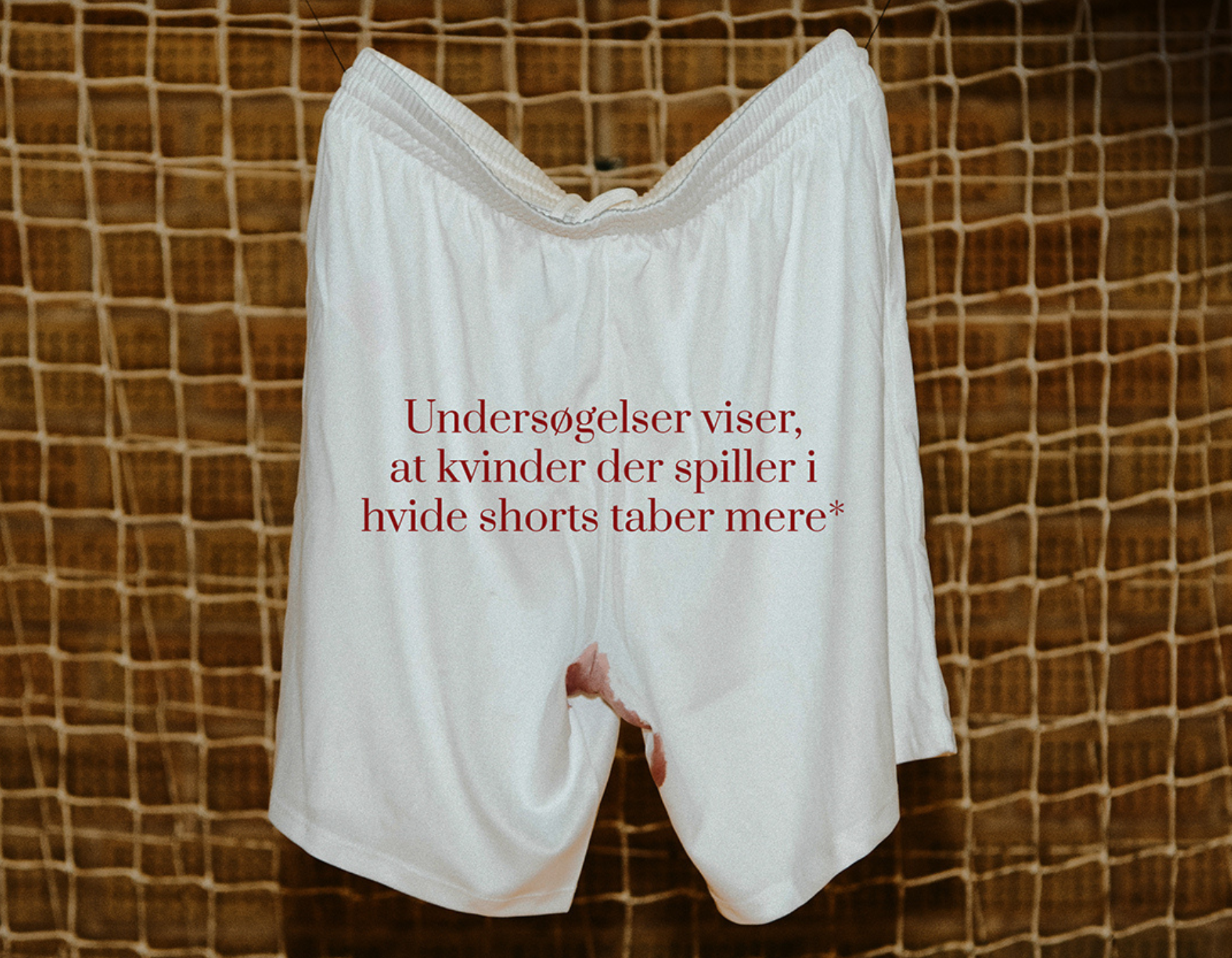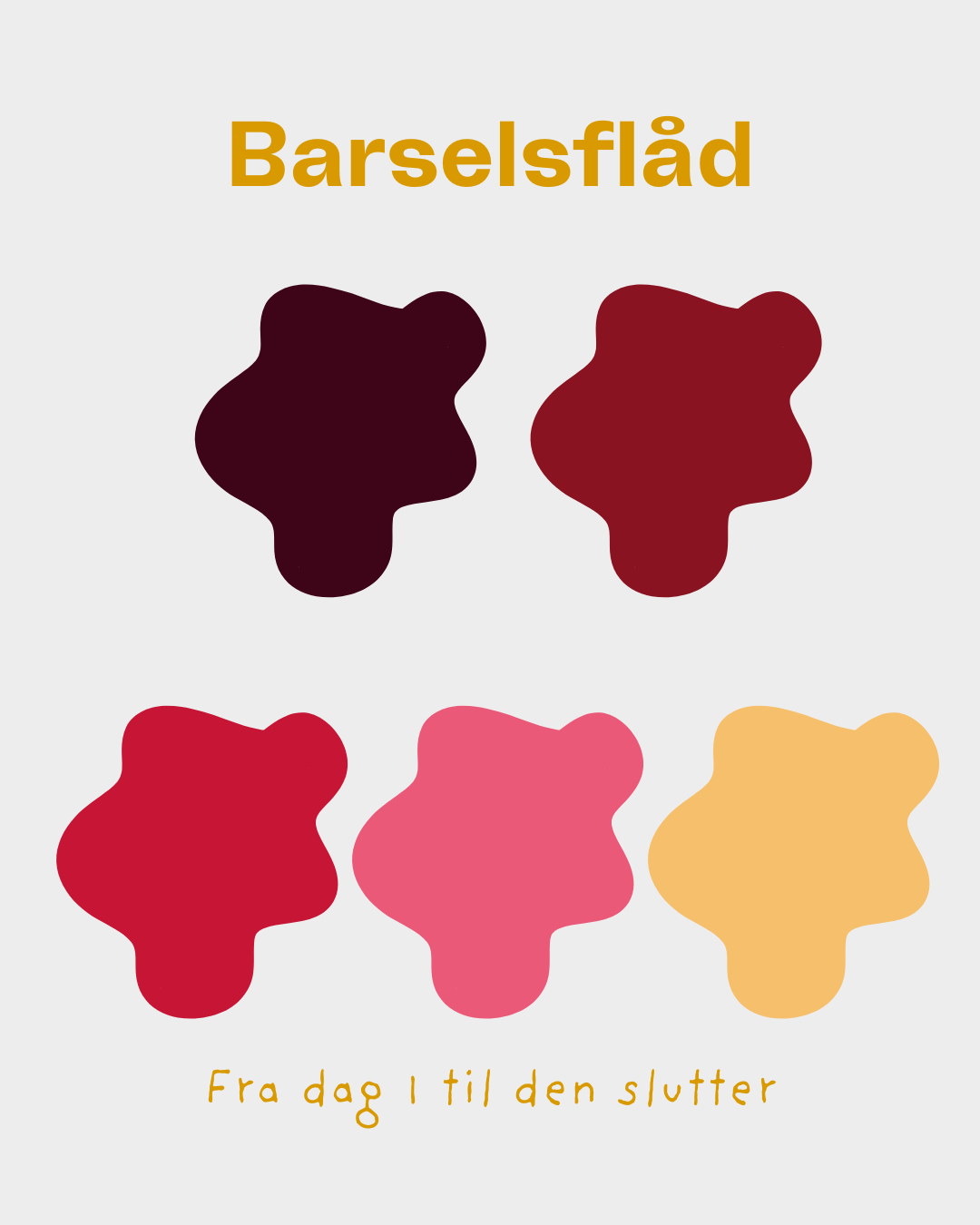Breastfeeding and menstruation - how are they related?
Menstruating, pregnant, breastfeeding, maybe menstruating again. Are you at the stage where you've given birth to a new baby (congratulations!), started breastfeeding, and are now wondering when you'll get your period? Read on. You've probably heard the myth that as long as you're breastfeeding, you'll keep your period at bay - but is that true?
We have previously written a guide about what you need to know when you have given birth and get your first period again after giving birth . But what about breastfeeding and menstruation - how are they related? You can read more about that here.

Menstruation after childbirth
It varies widely from person to person when their period returns after giving birth. Many factors come into play here; genetics, hormones, and how much you breastfeed. Menstruation can typically appear anywhere from four weeks to a year and a half after giving birth. But why are breastfeeding and menstruation actually connected?
The connection is due to a hormone called prolactin. Prolactin is secreted when you breastfeed, and the hormone helps inhibit ovulation. And in order to get your period, you must first ovulate. Your ovulation and menstruation naturally stop, that is, as a result of breastfeeding. This also means that the more you breastfeed, the more prolactin your body secretes. The less you breastfeed, the less prolactin is secreted, and the more likely it is that you will ovulate and thus menstruate. Menstruation is often a bit strange when it returns after pregnancy and childbirth. It can be irregular, heavier and feel different - so can your body. Therefore, our best tip is to be nice and kind to yourself when you settle into your body and your period, and to ally yourself with menstrual protection or menstrual products that, above all, feel soft, safe and uncomplicated.
Can you get your period even if you're breastfeeding?
The short answer is yes. You can get your period even if you're breastfeeding. Although you may have often heard that breastfeeding keeps your period at bay, that's not entirely true. You can get your period even if you're breastfeeding - even if you're breastfeeding full-time (Flow was created when Cathrine, our founder, got her period three months after giving birth - while still breastfeeding). Some people also get their period almost immediately after giving birth. Every body is different, and that also means they react differently to pregnancy hormones and prolactin.
Debunking the myth: “You can’t get pregnant while breastfeeding”
Just as you may have heard that breastfeeding is a natural form of contraception, you may have also heard the phrase “you can’t get pregnant while breastfeeding.” But let’s dispel that myth once and for all. First of all, you can get your period while breastfeeding (as we just found out). Similarly, you can get pregnant while breastfeeding.
The first ovulation after your pregnancy occurs before you get your first period, and it can therefore be difficult to know when it will occur, because you do not have your period as a guide first, as you are used to in life with a cycle. If you want to protect yourself against a quick pregnancy after you have given birth, you should talk to your doctor about which contraception is right for you after giving birth. Conversely, if you want to get pregnant while breastfeeding, you can try to reduce breastfeeding and thus aim for ovulation and menstruation to occur sooner.
Understand your body - also during and after pregnancy
The body is a complex and fascinating thing, especially when it goes through changes like pregnancy and post-pregnancy. At Flow, we believe that the best thing we can do for ourselves is to get to know our bodies better. When we understand what is happening in our bodies, what symptoms we experience, and what lies behind them, we can achieve greater peace and security - especially during and after birth, when the body goes through greater changes than you may have ever experienced before. Knowing why the body reacts the way it does can make it easier to accept and deal with changes.
We hope this post has given you new insights and helped you understand your body a little better. If you want to learn even more, you can find exciting and in-depth articles in our Journal , where we share knowledge about menstruation and related topics.
Thanks for reading – we're happy to have you here <3
